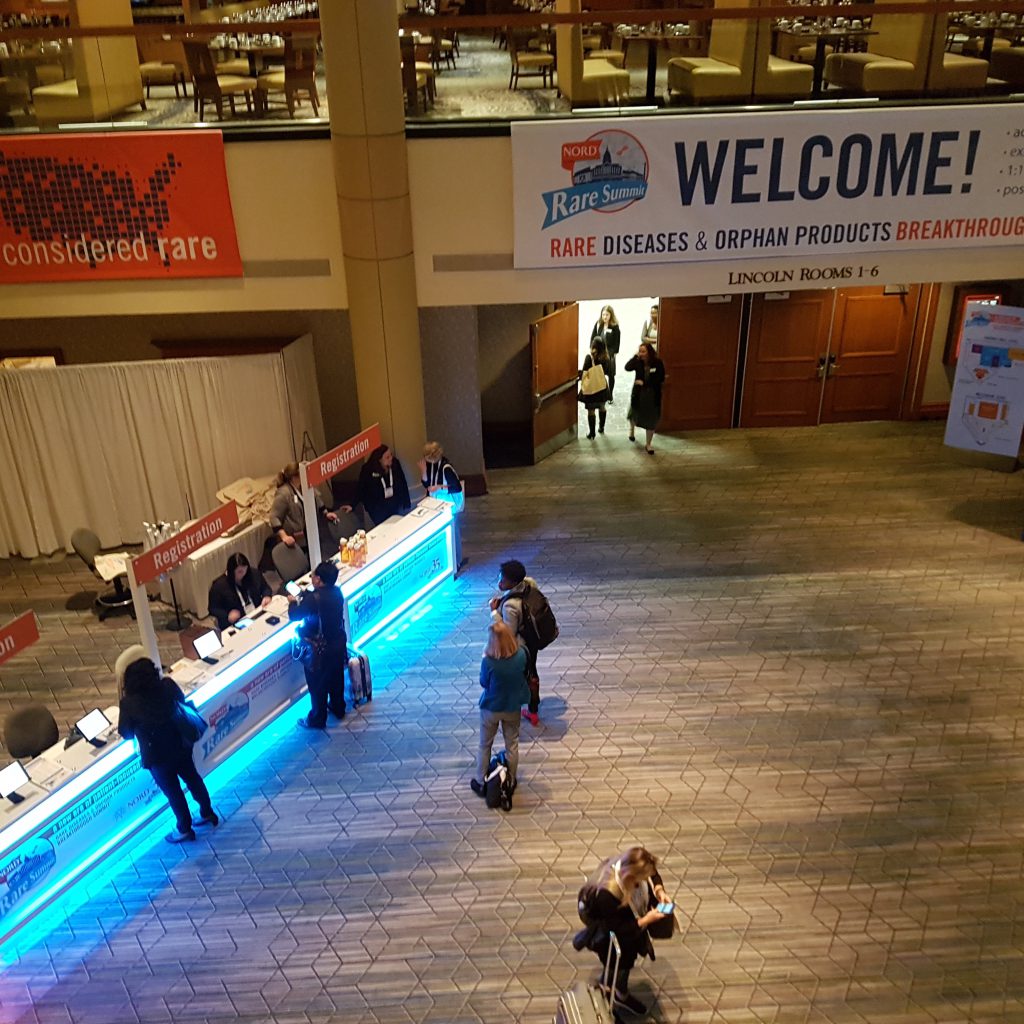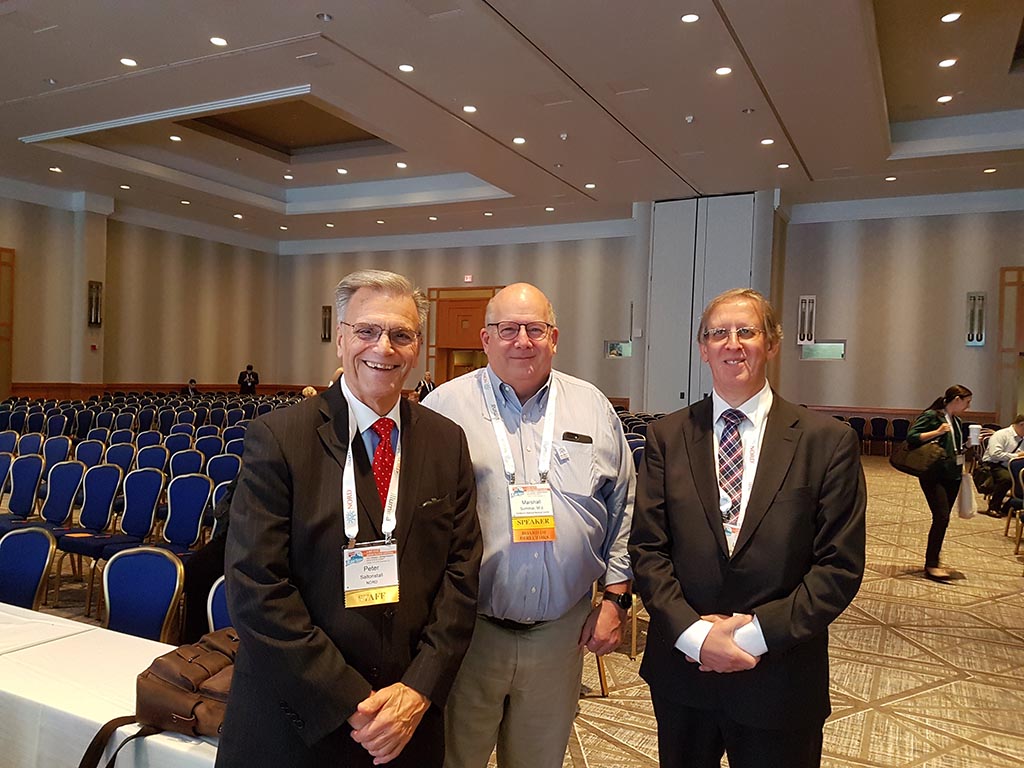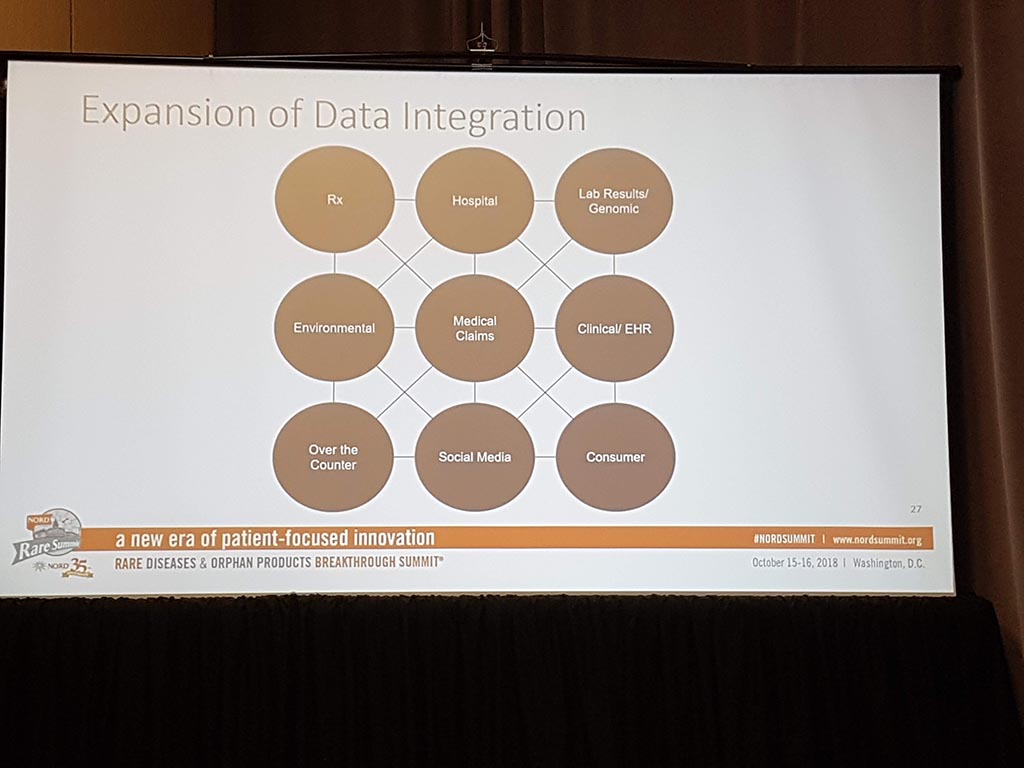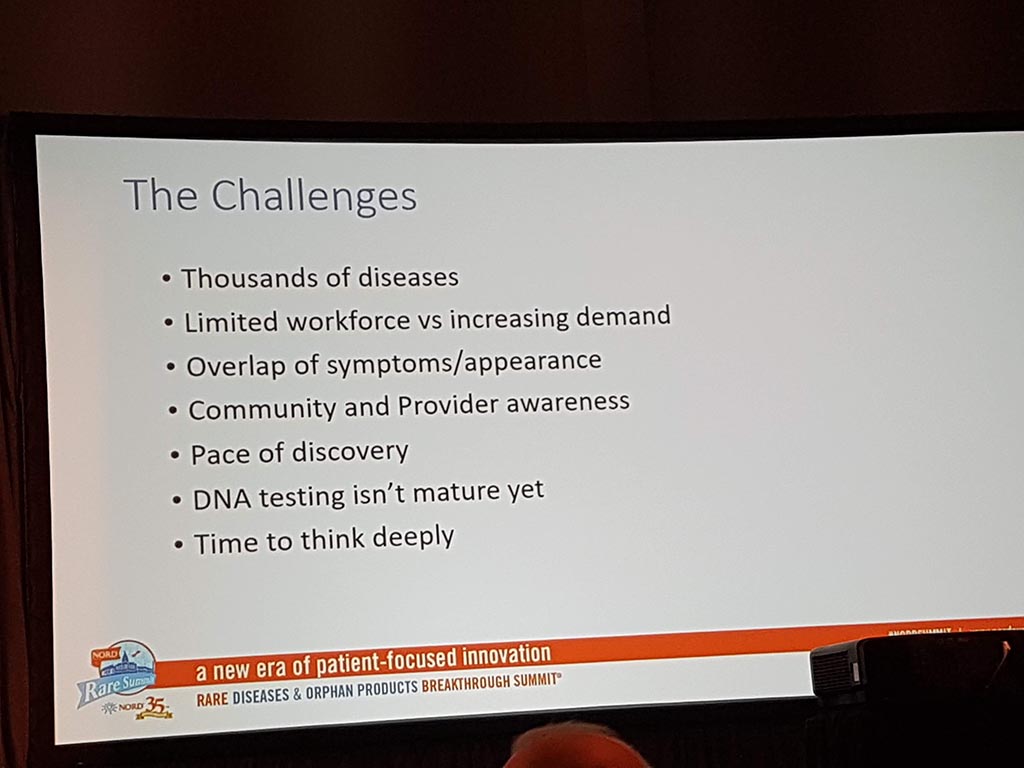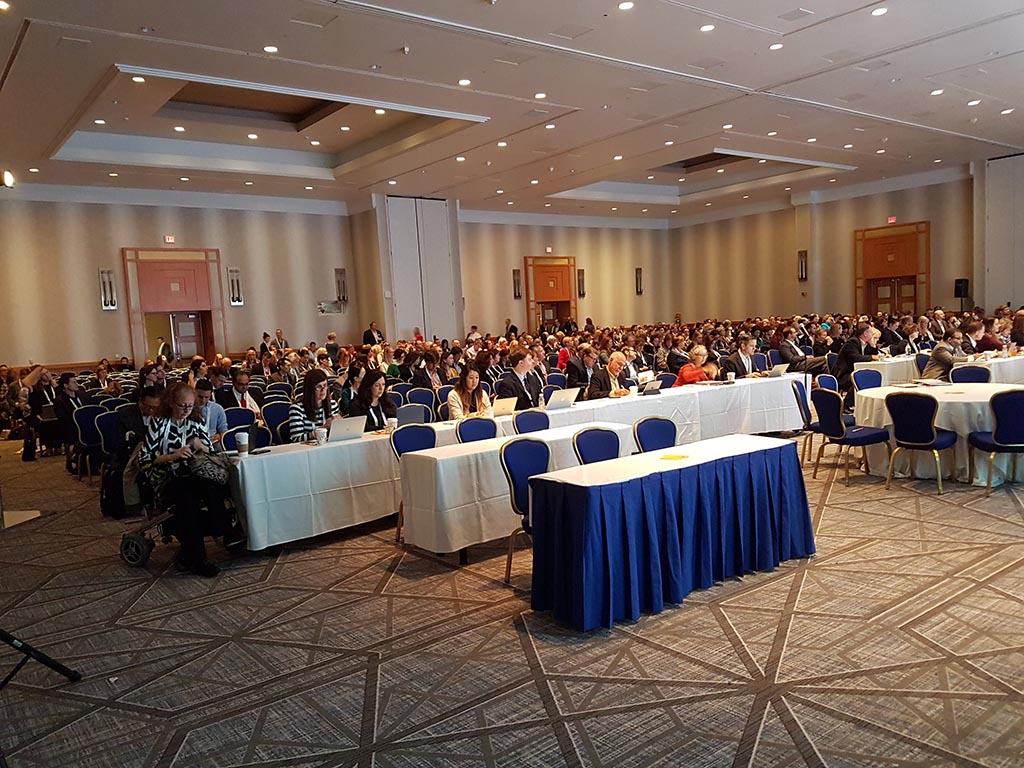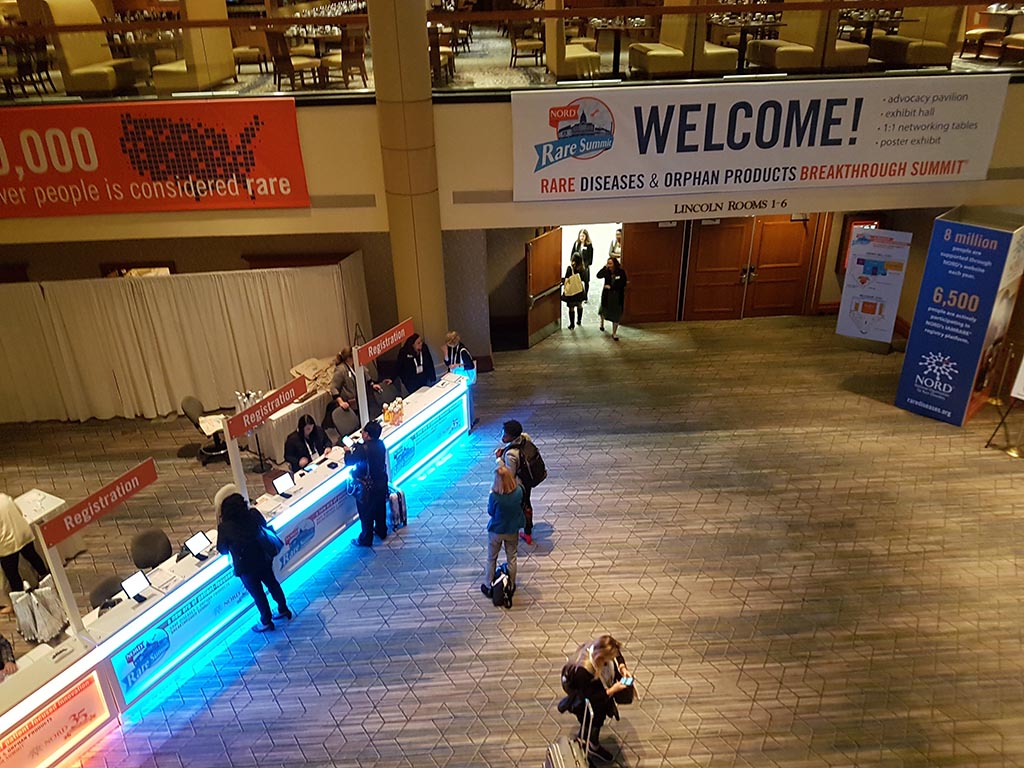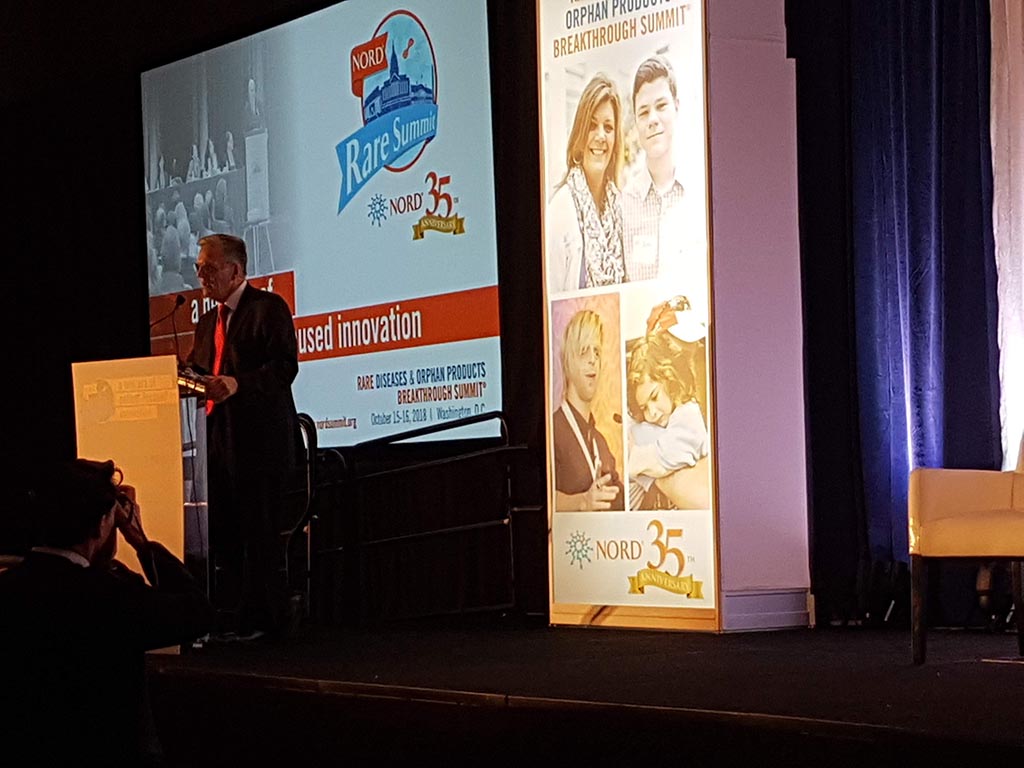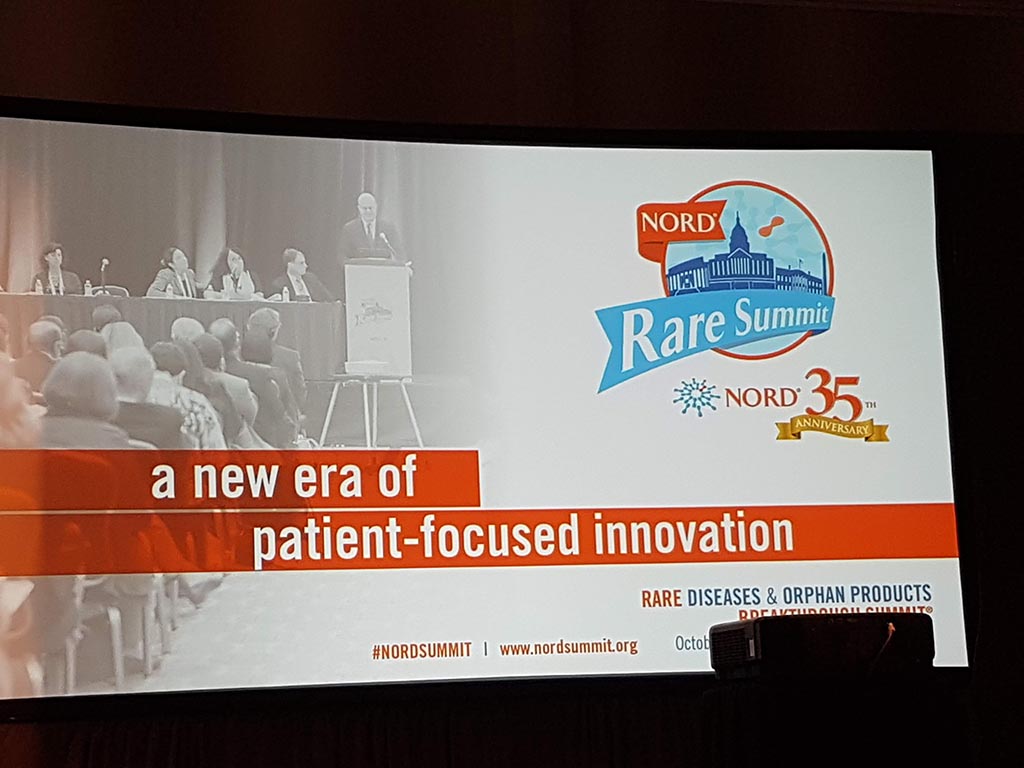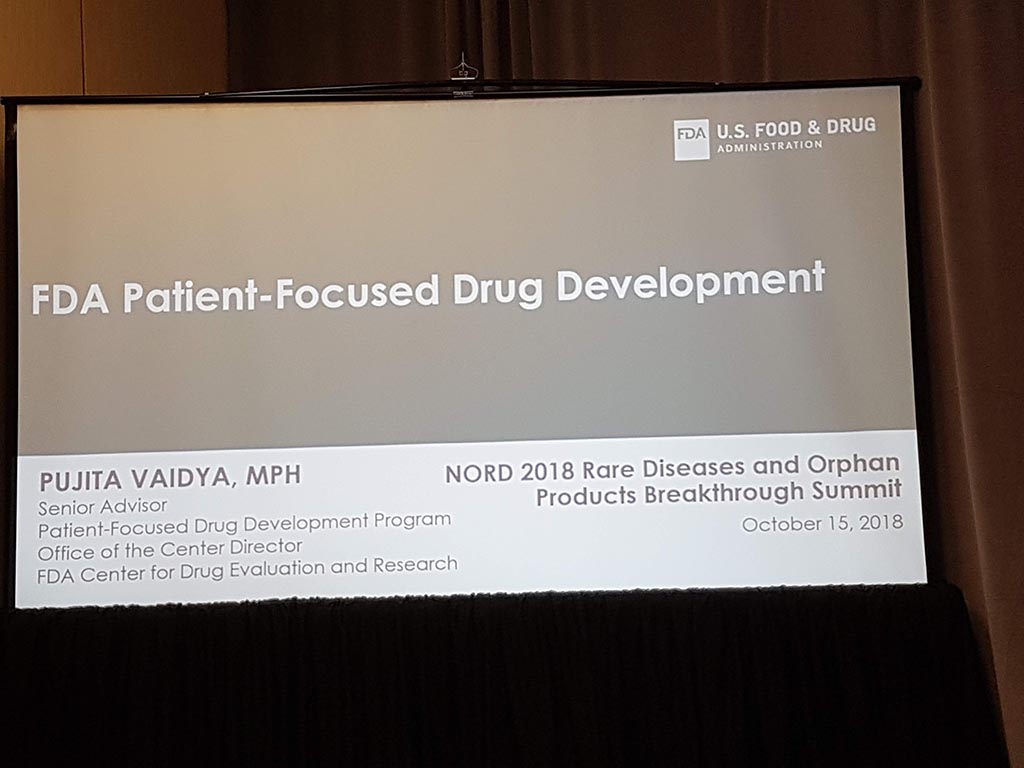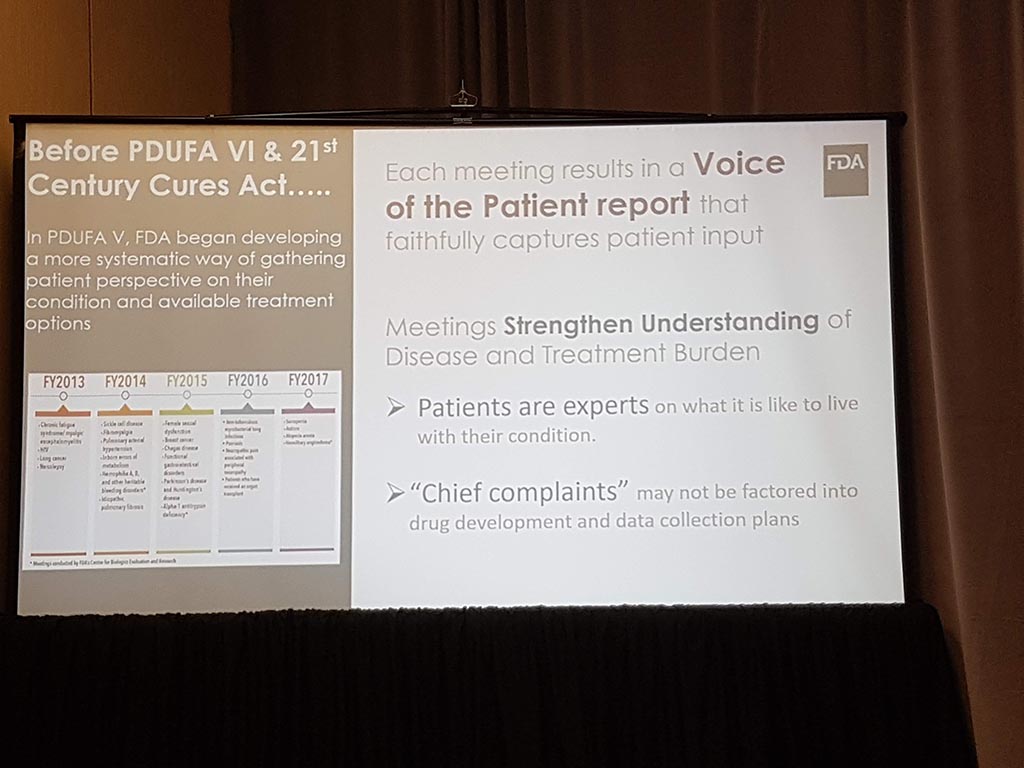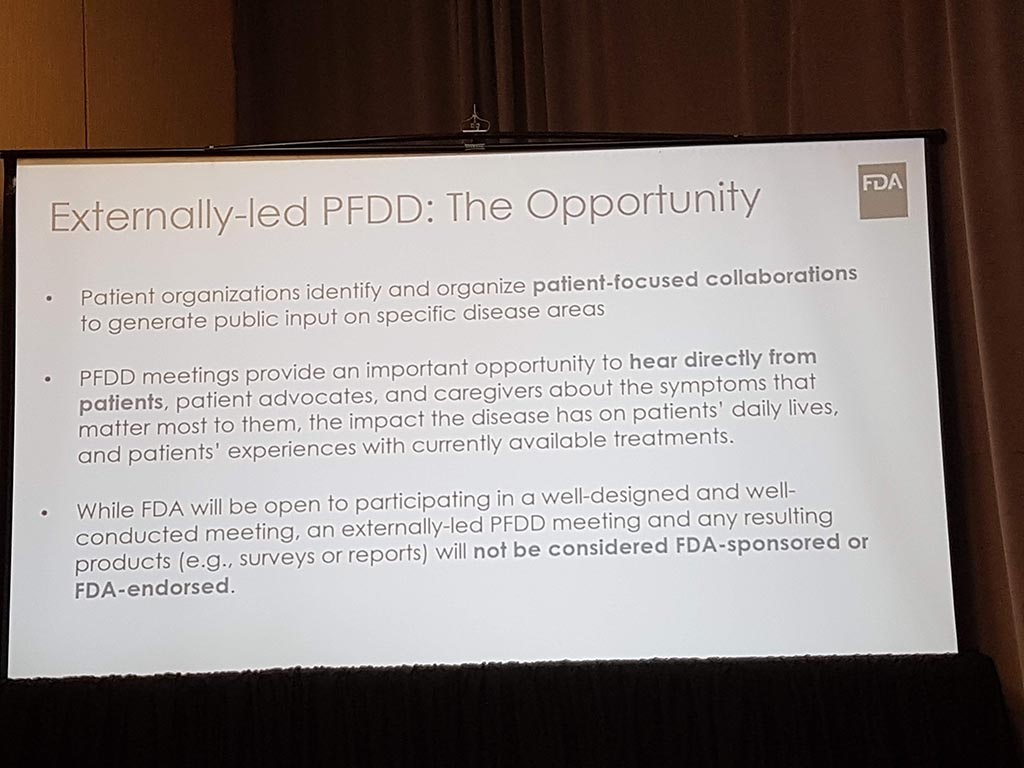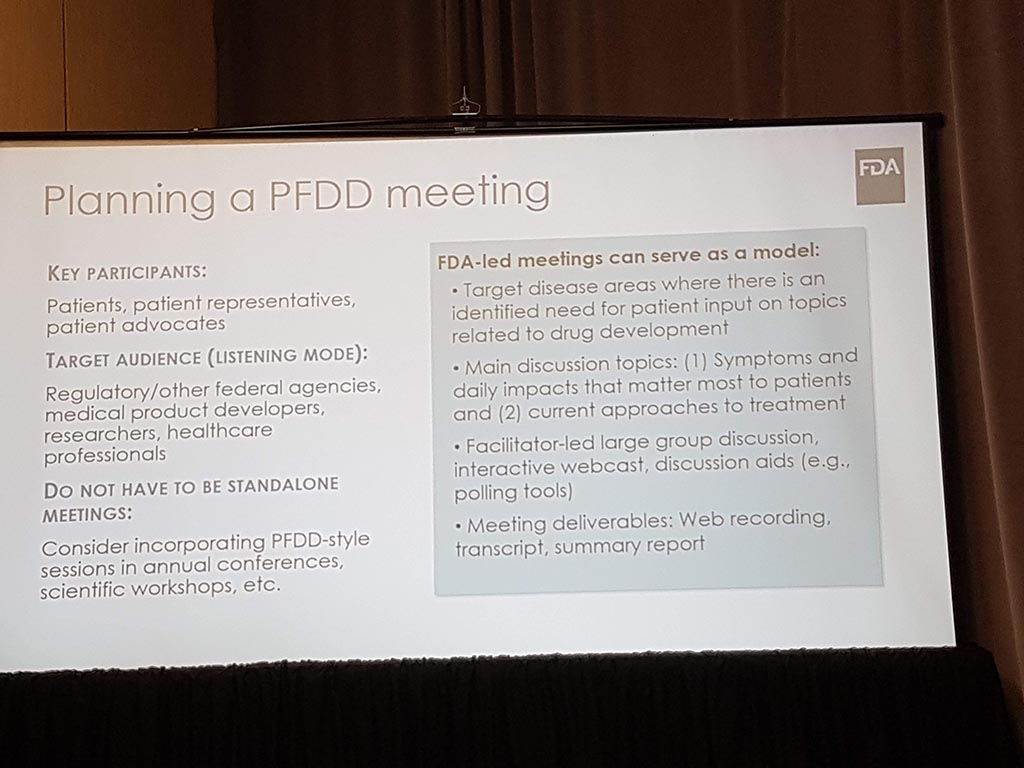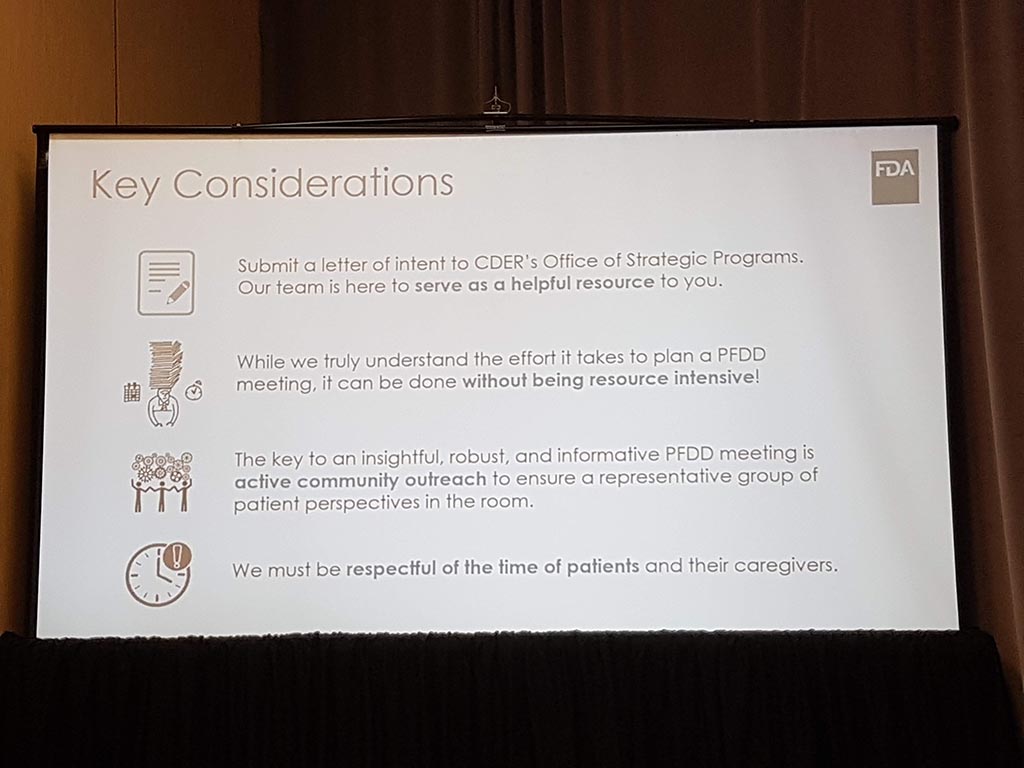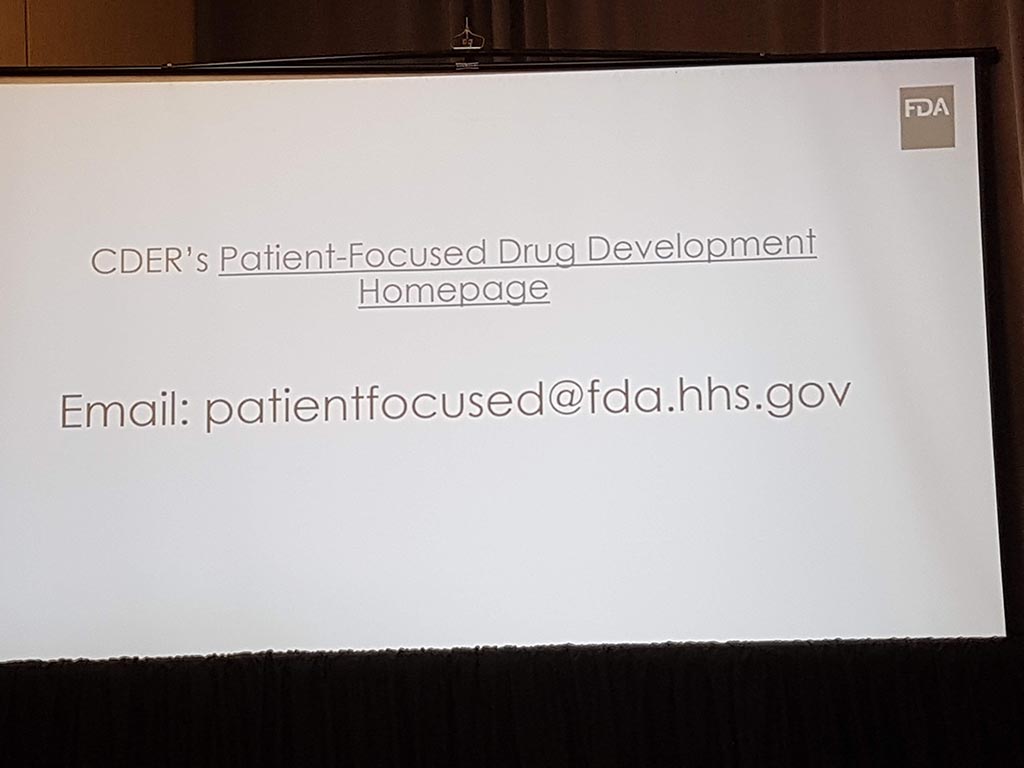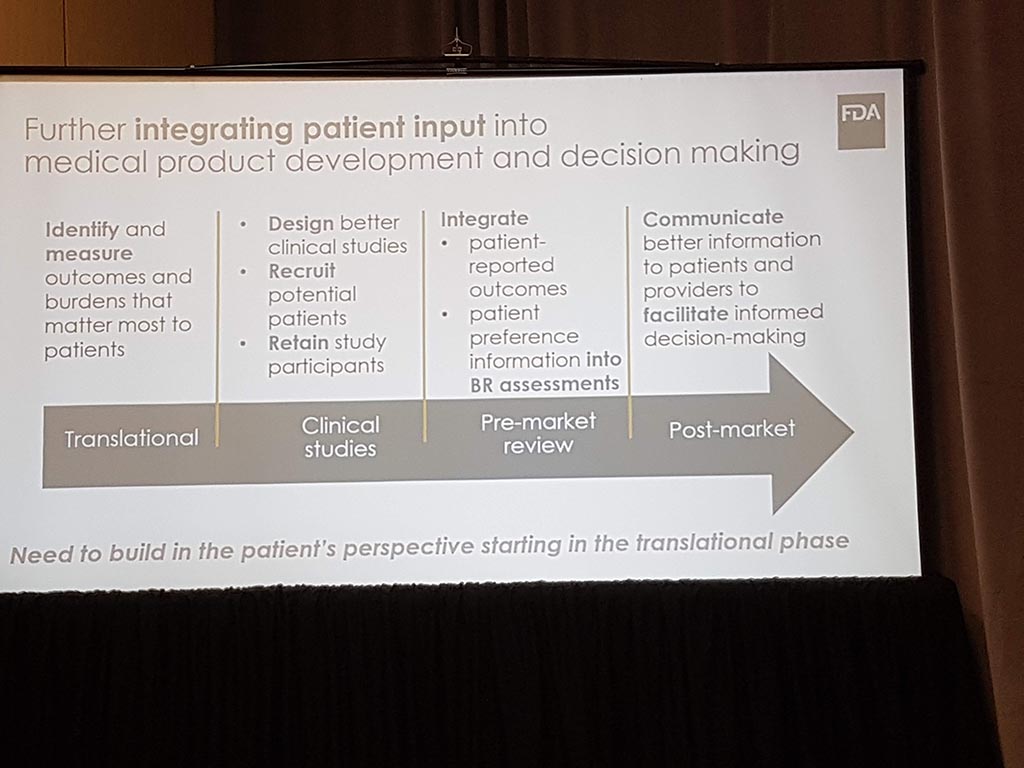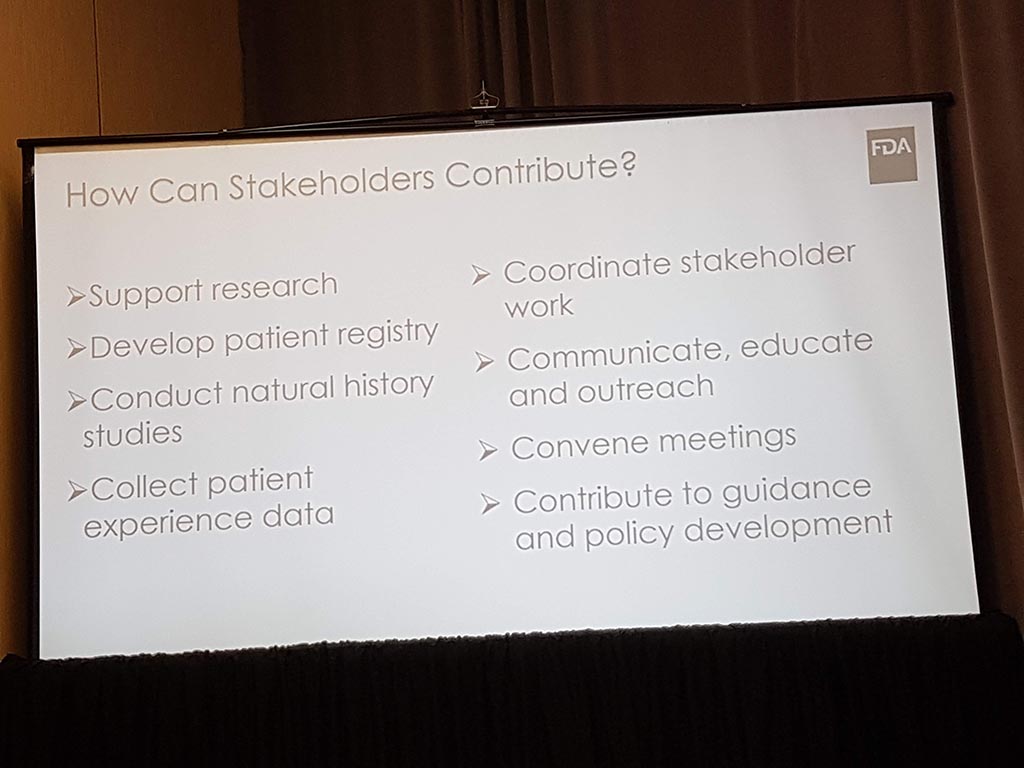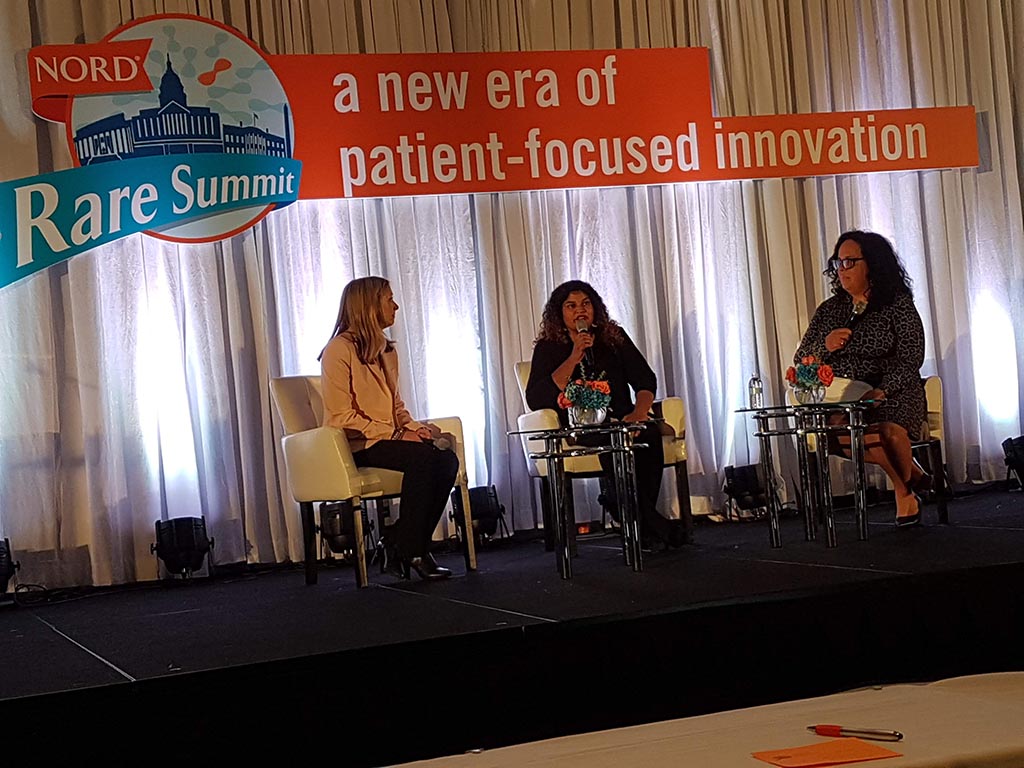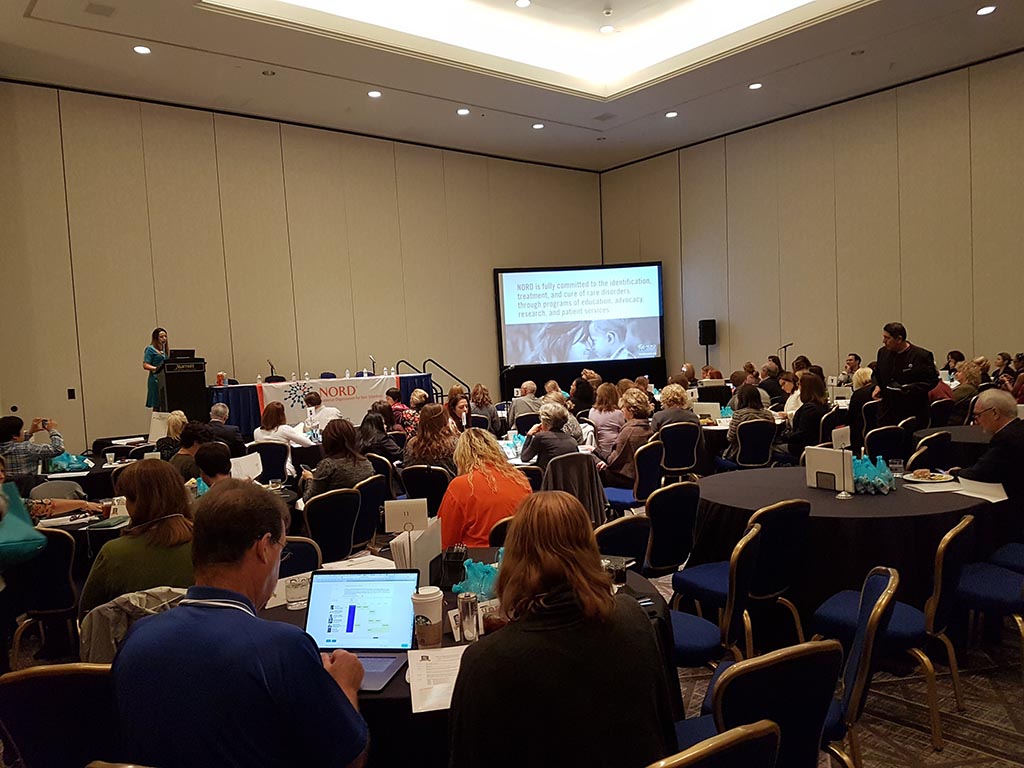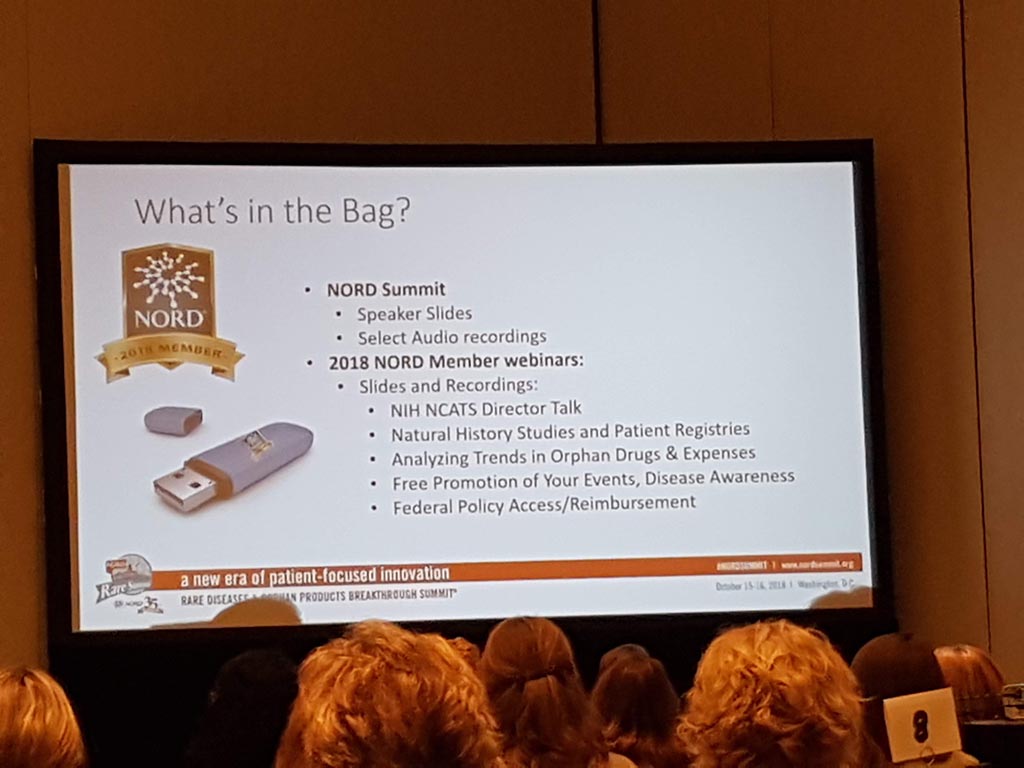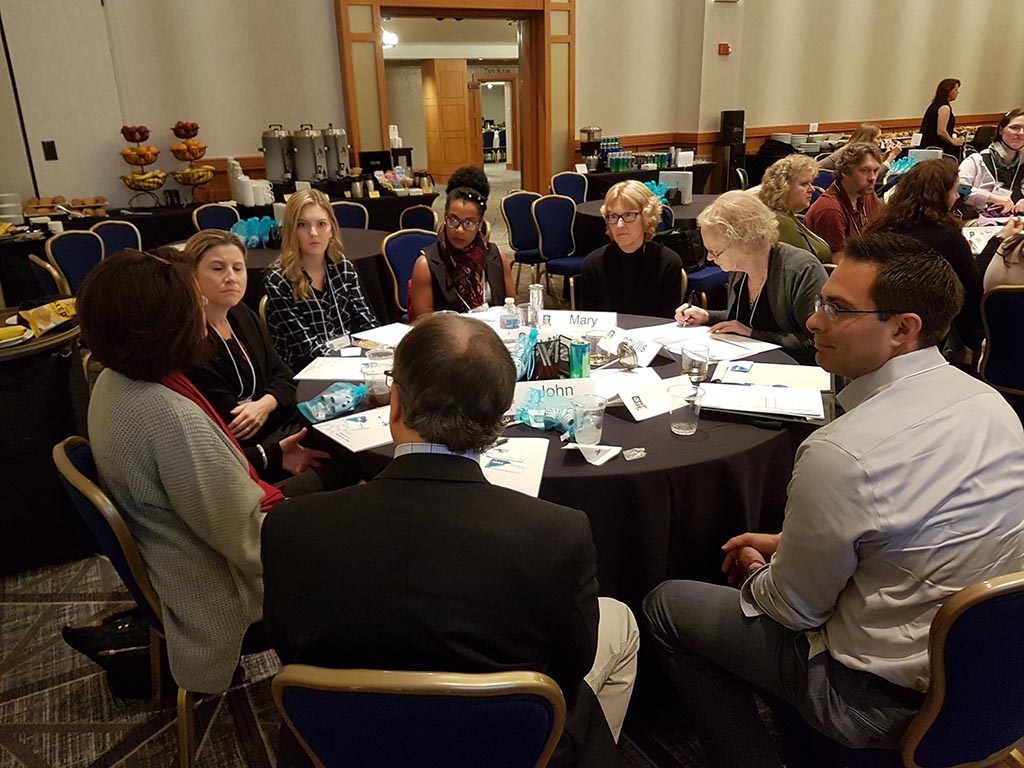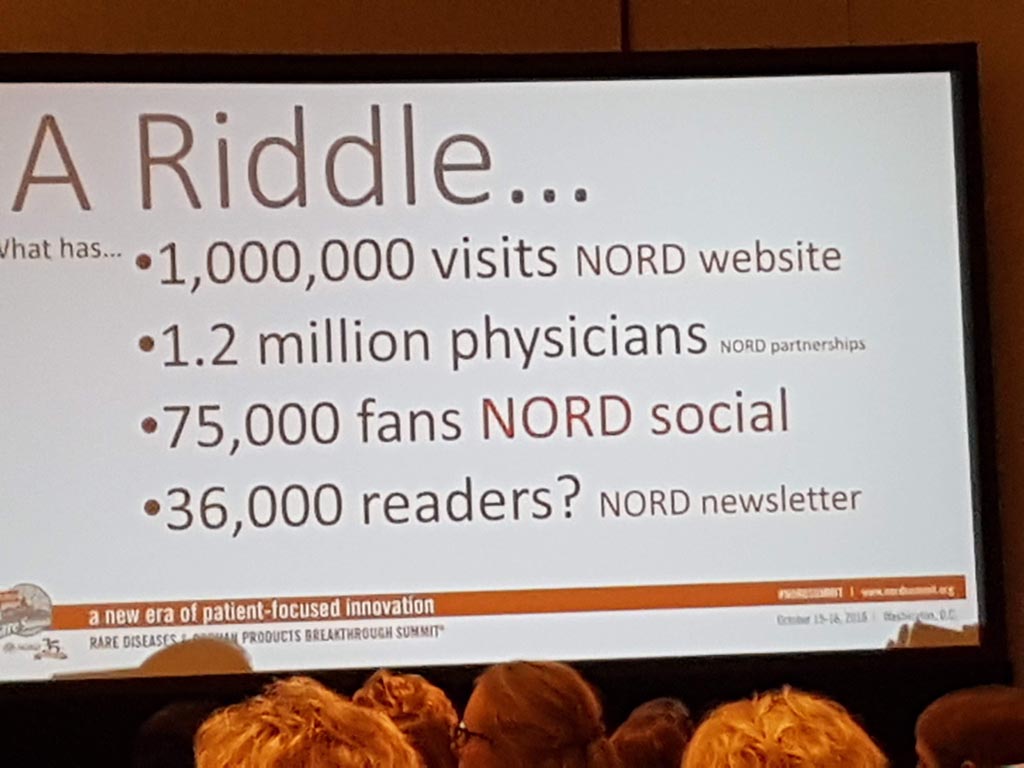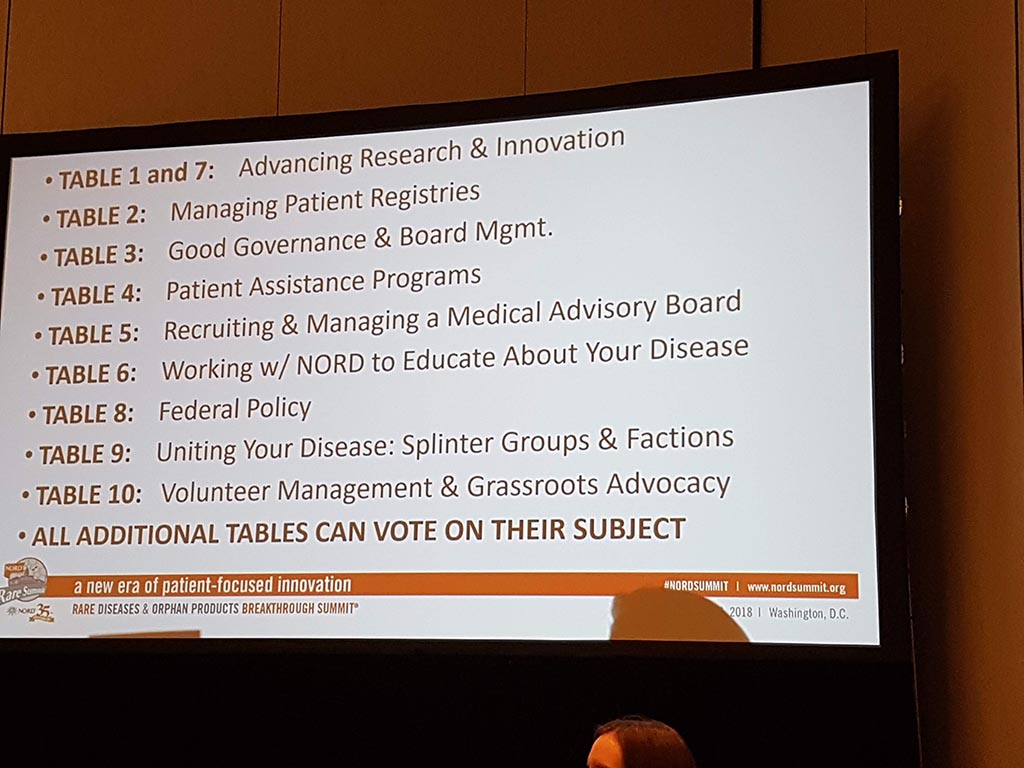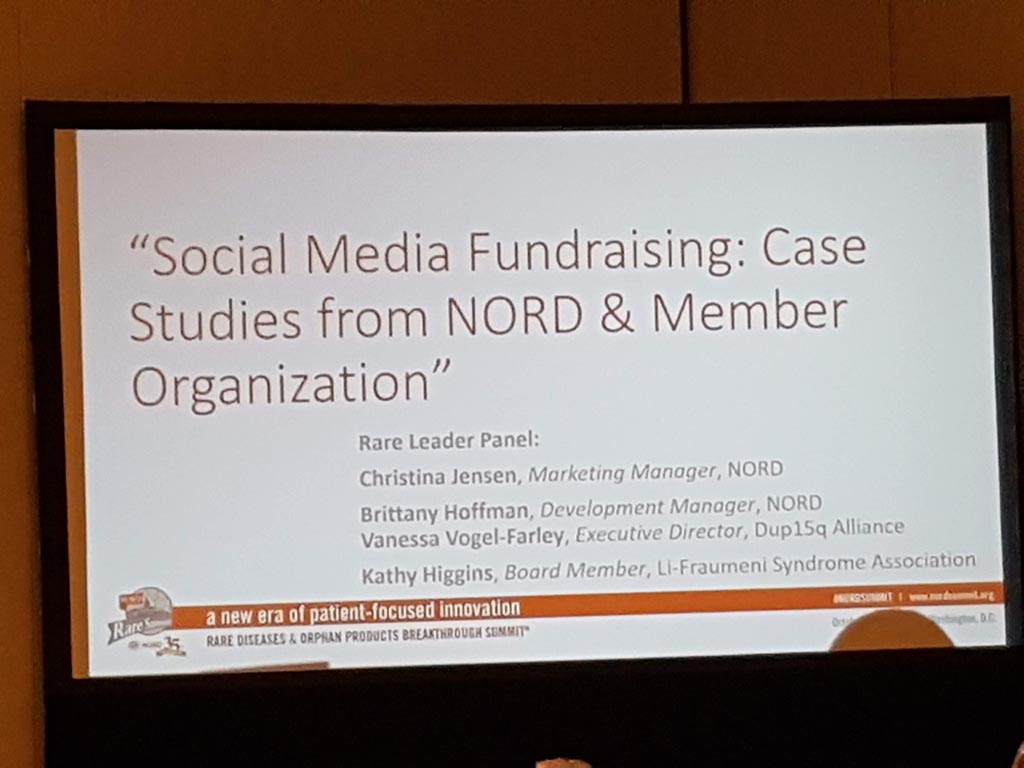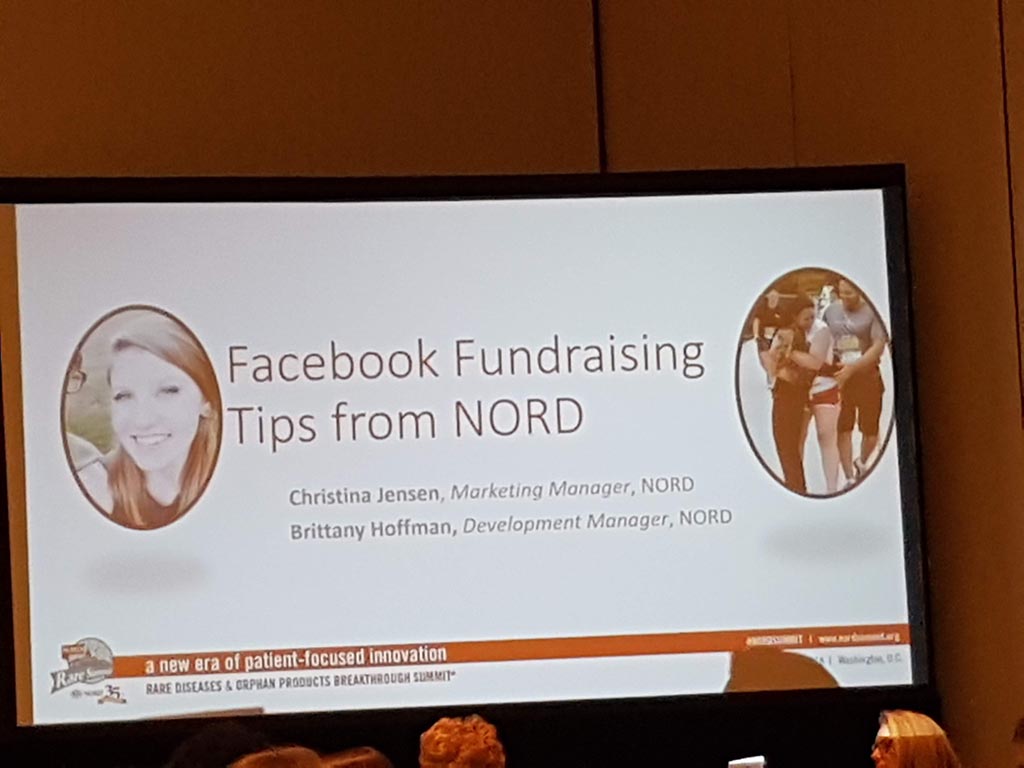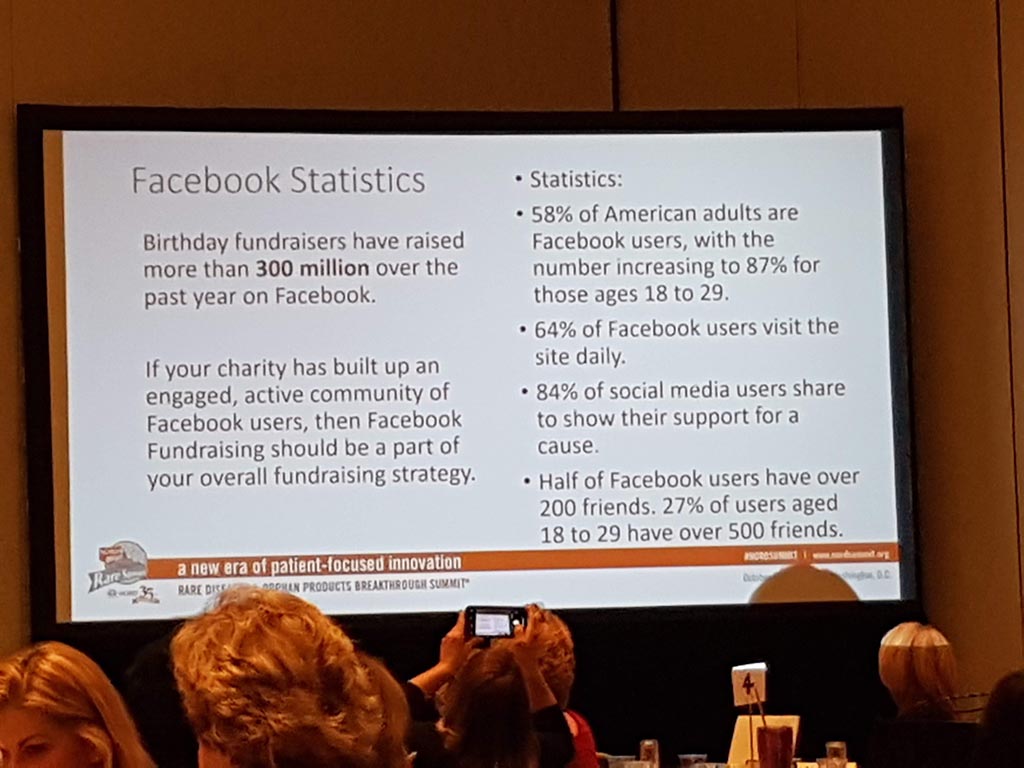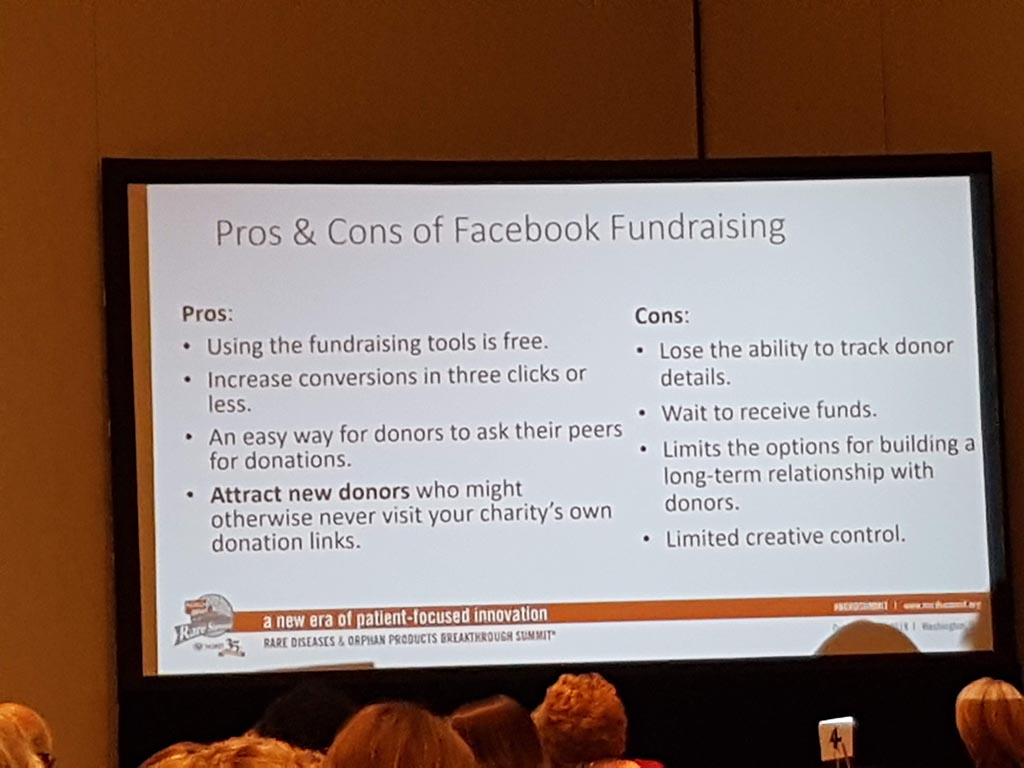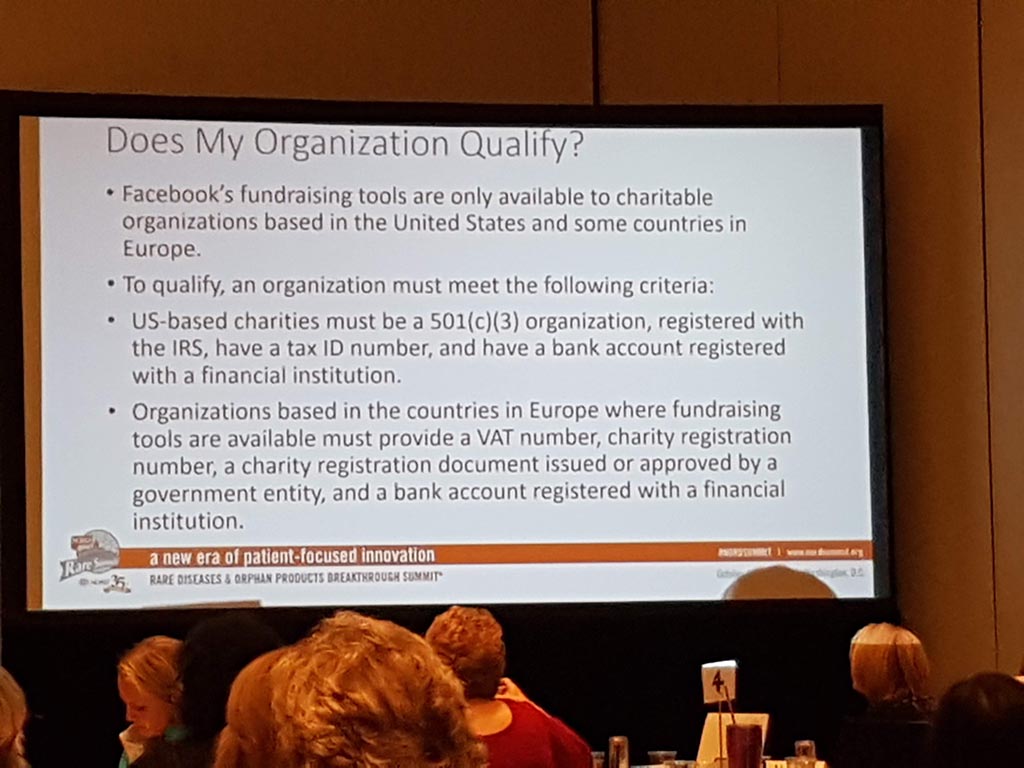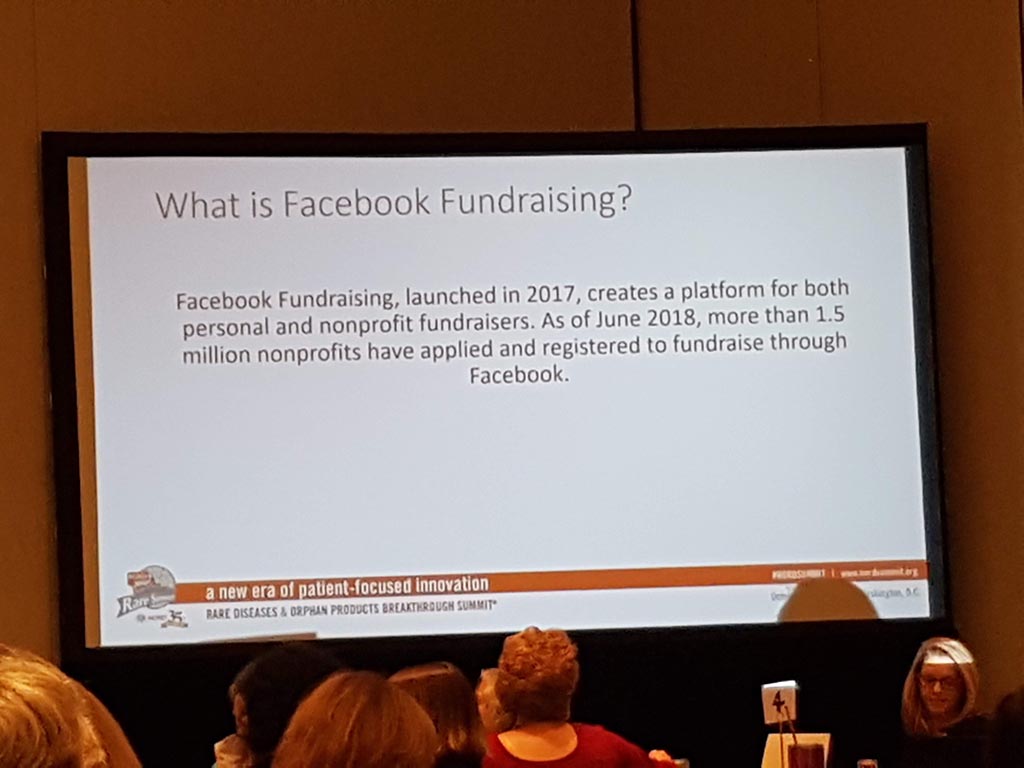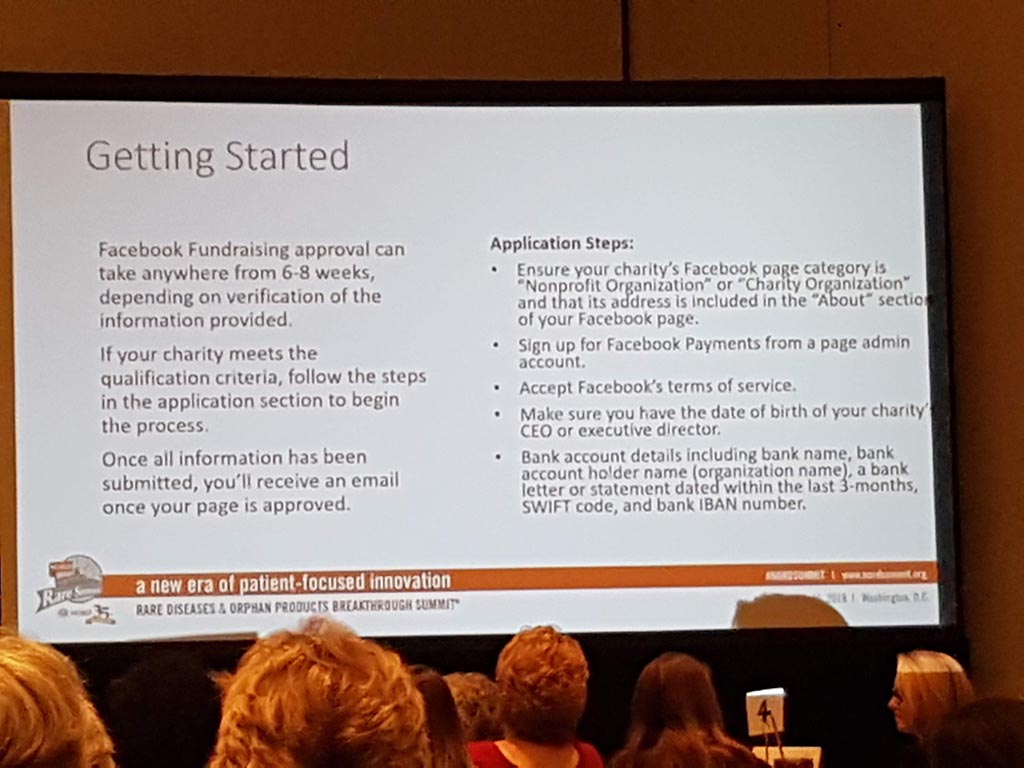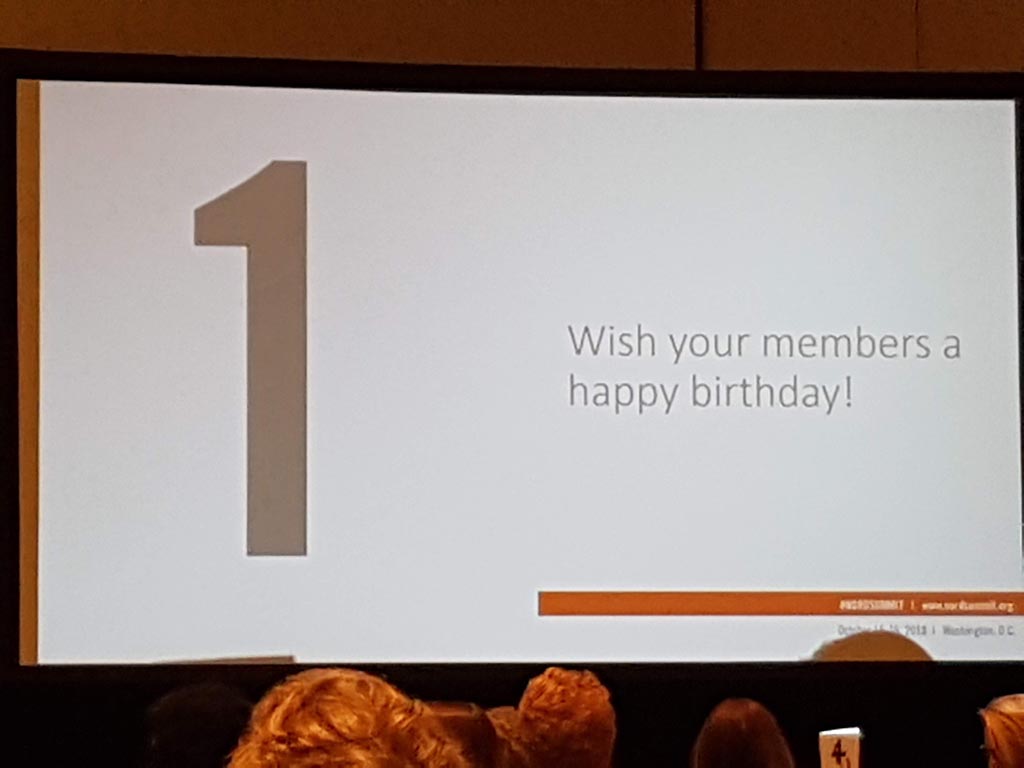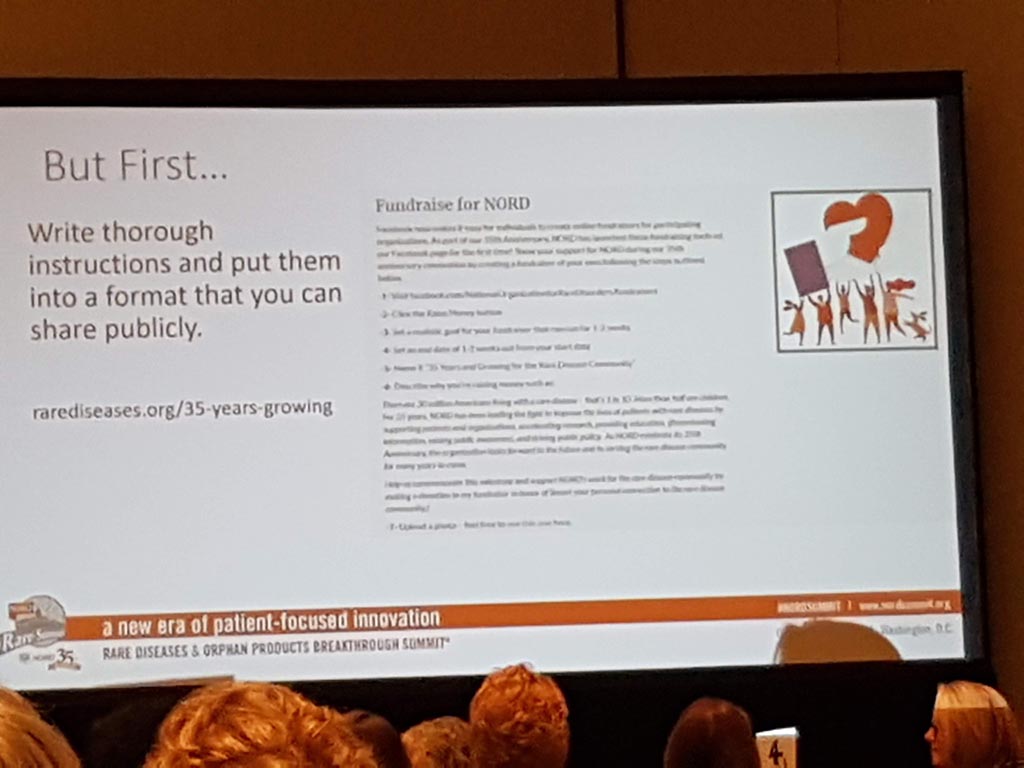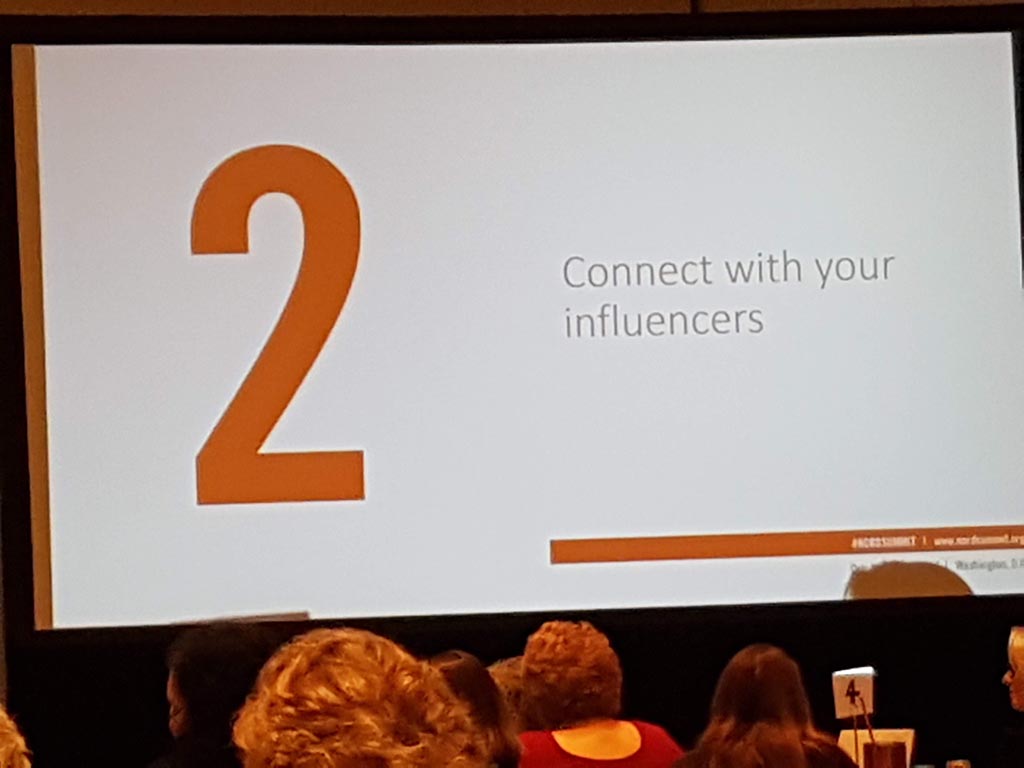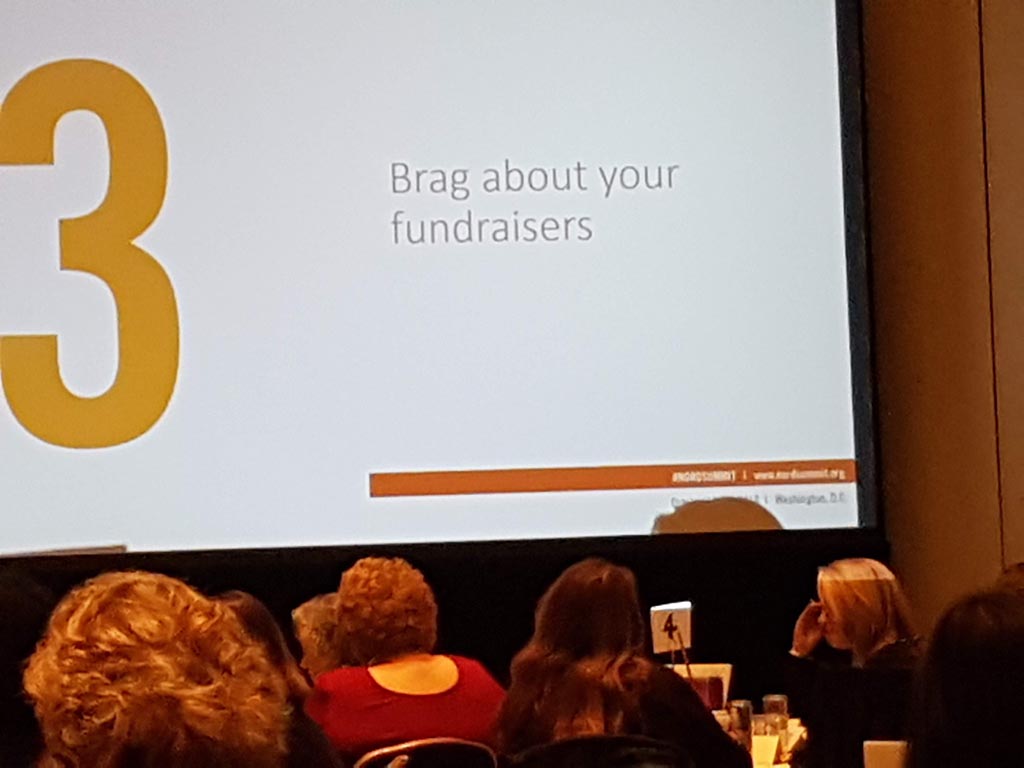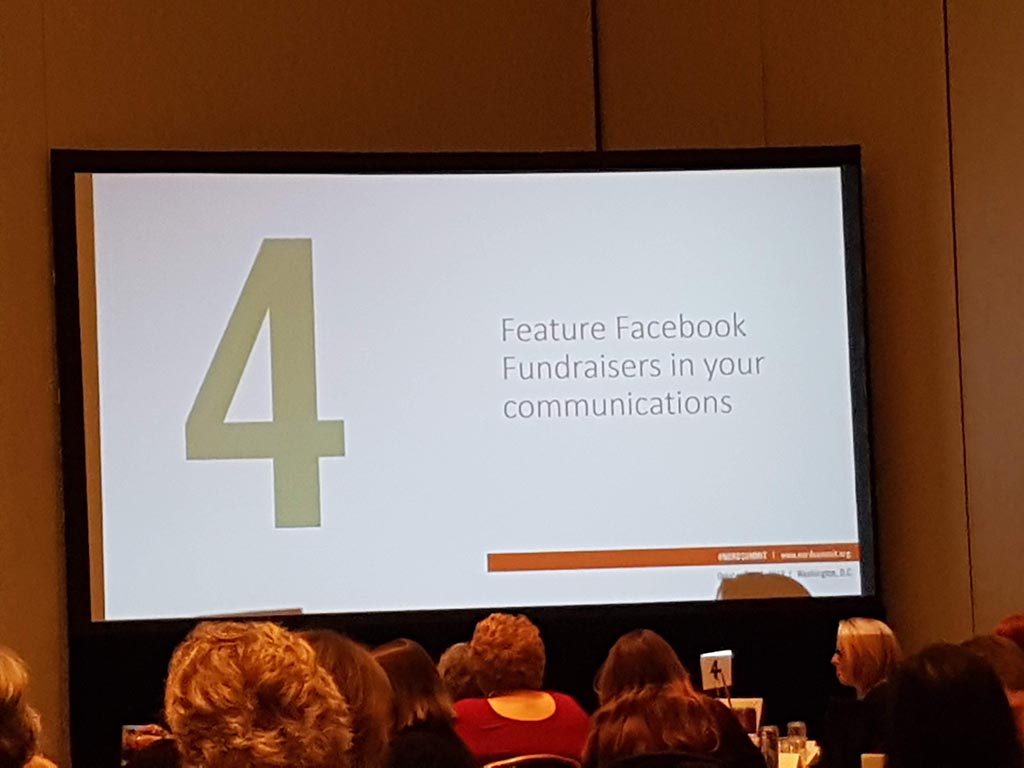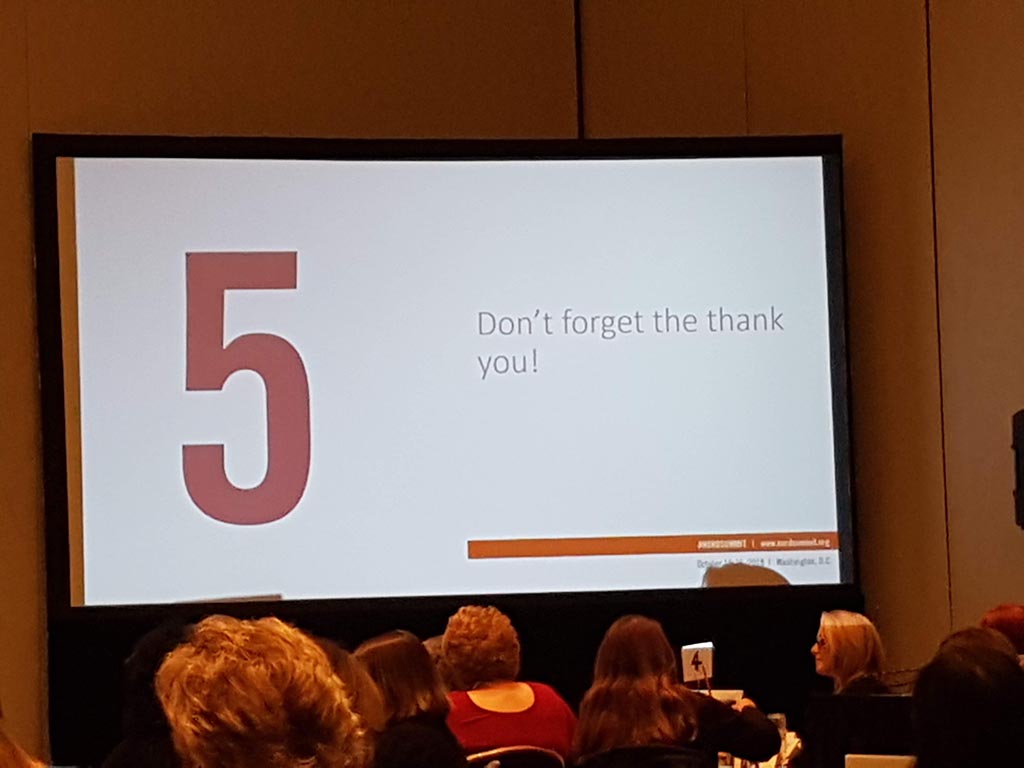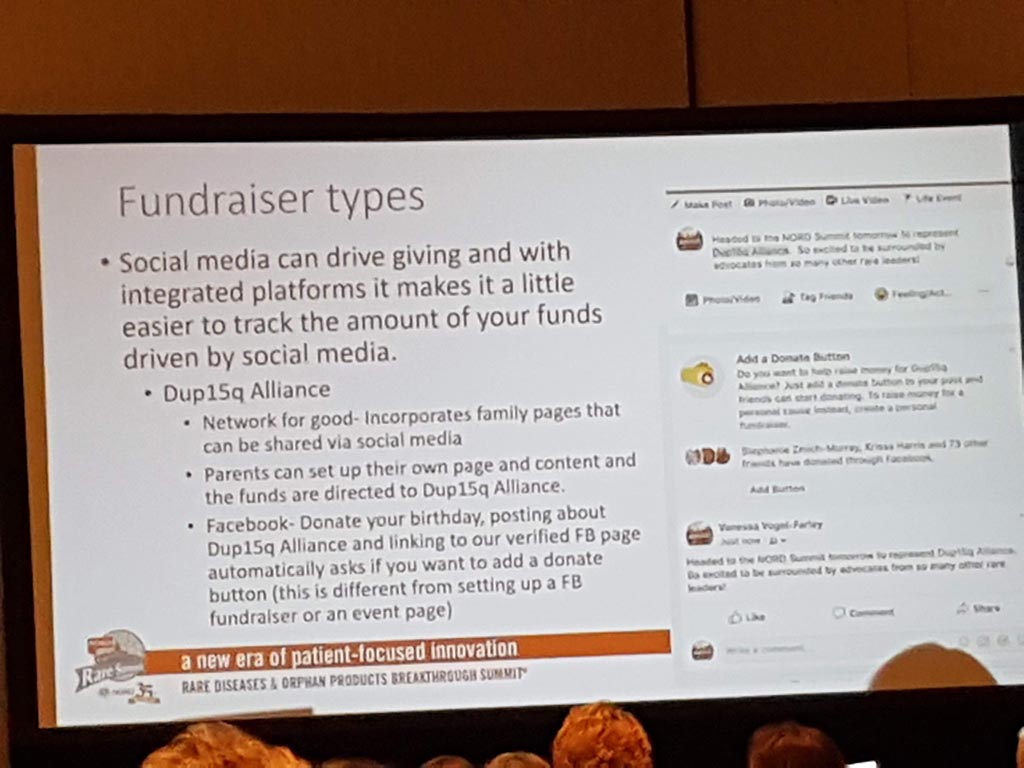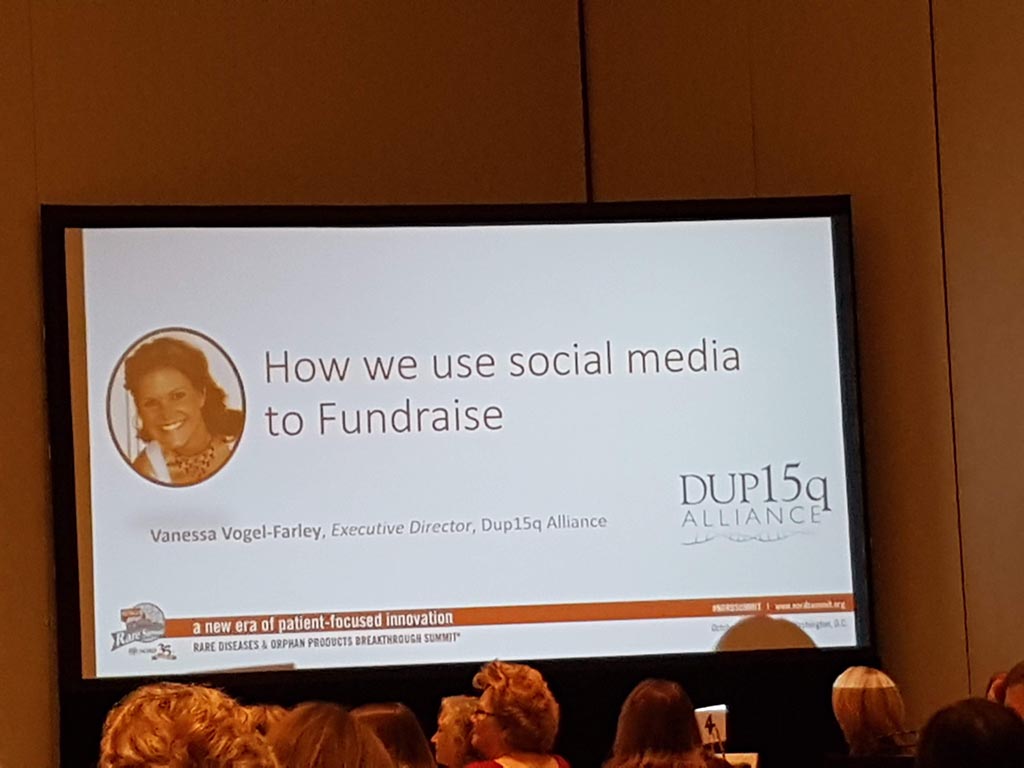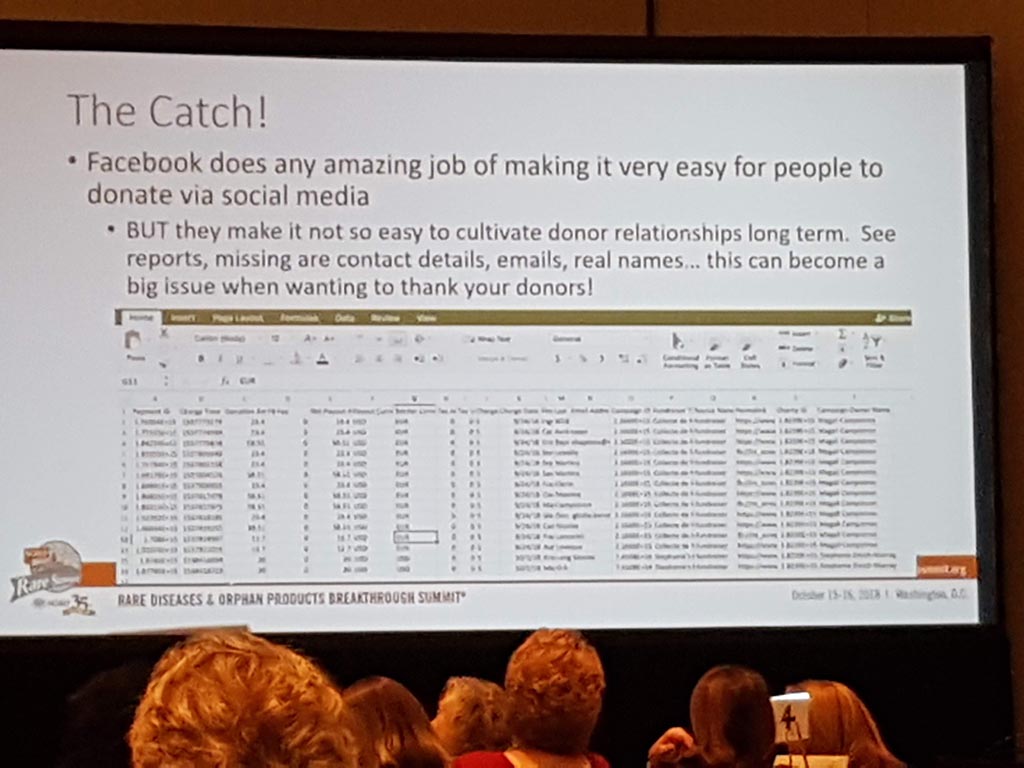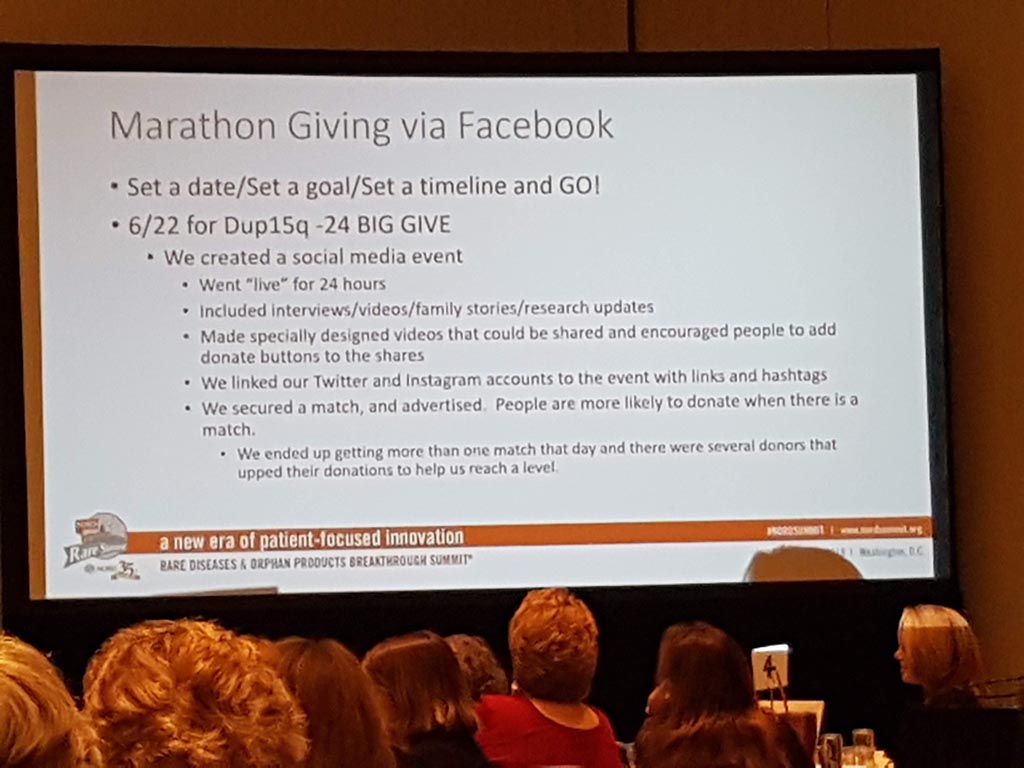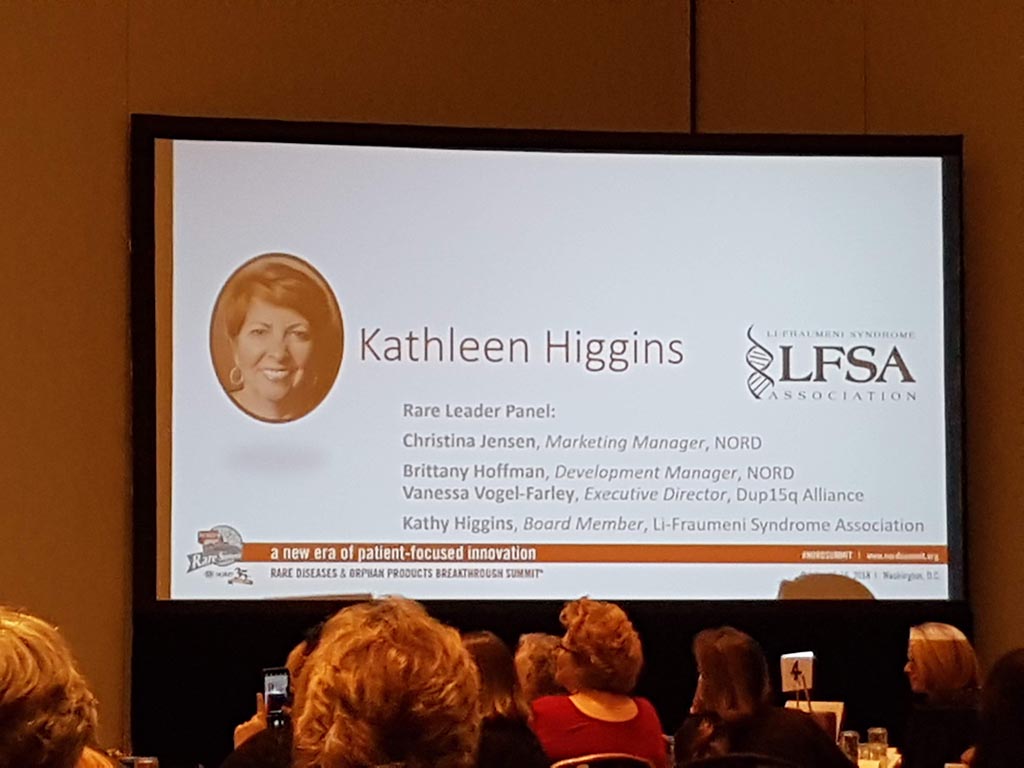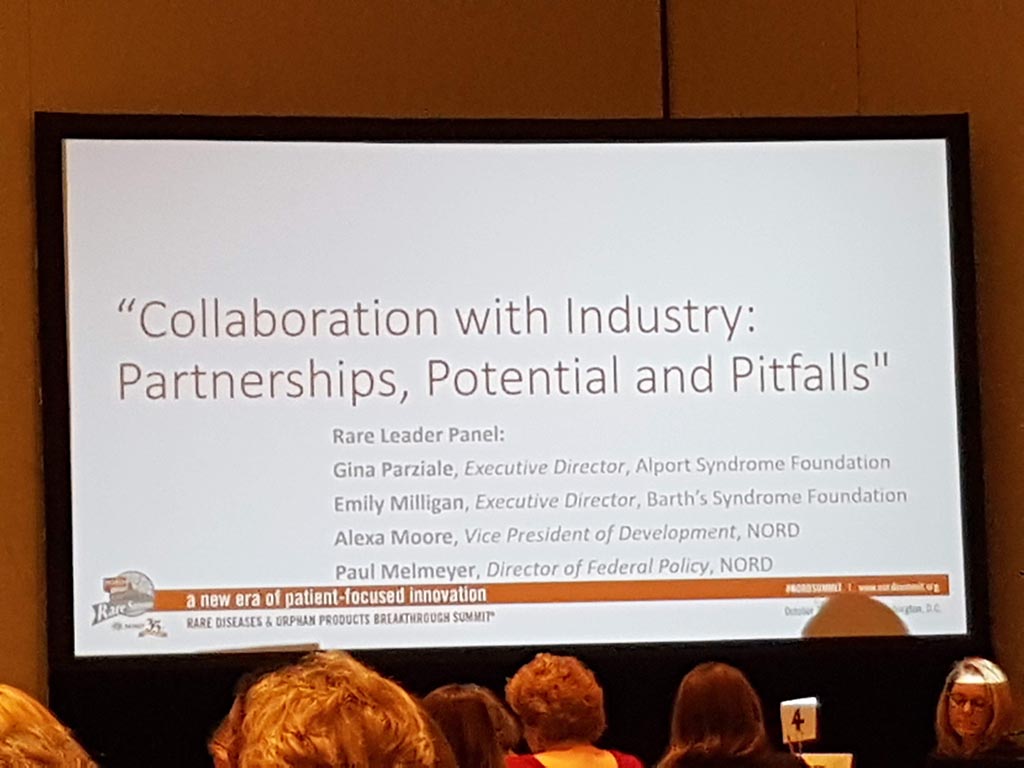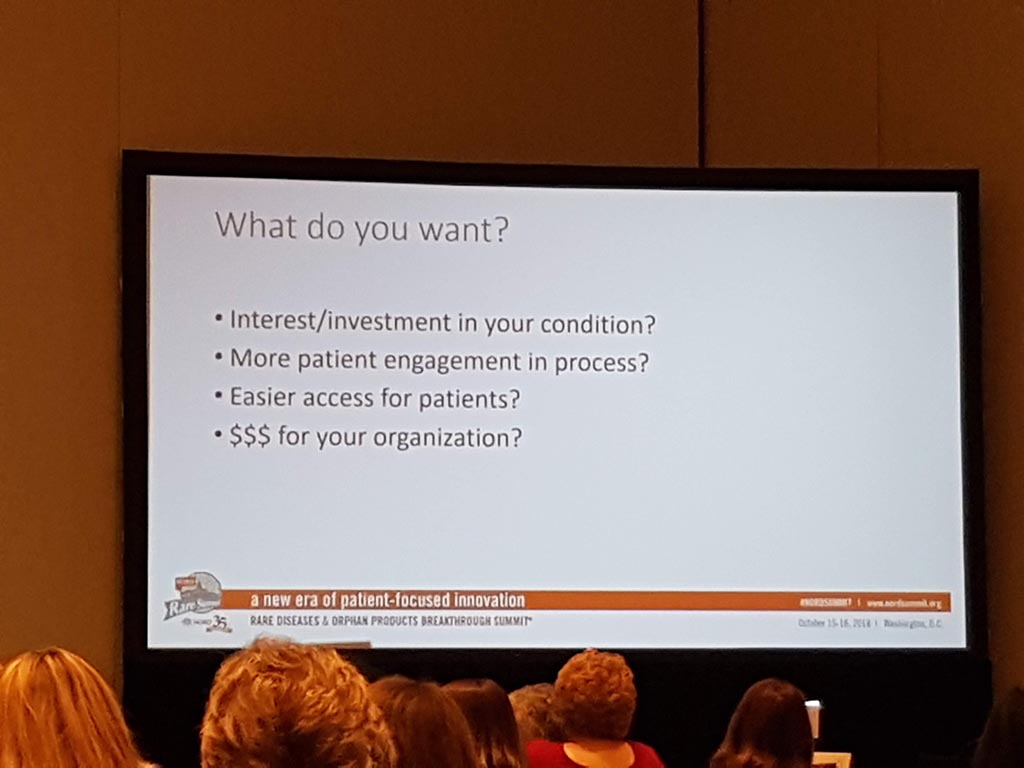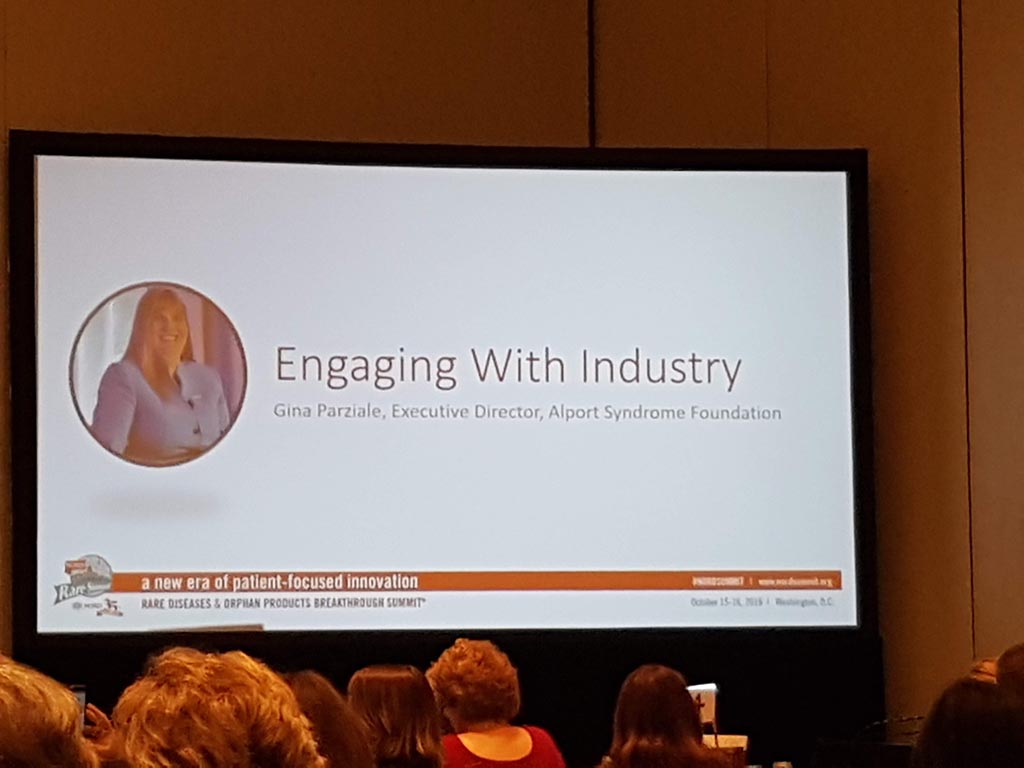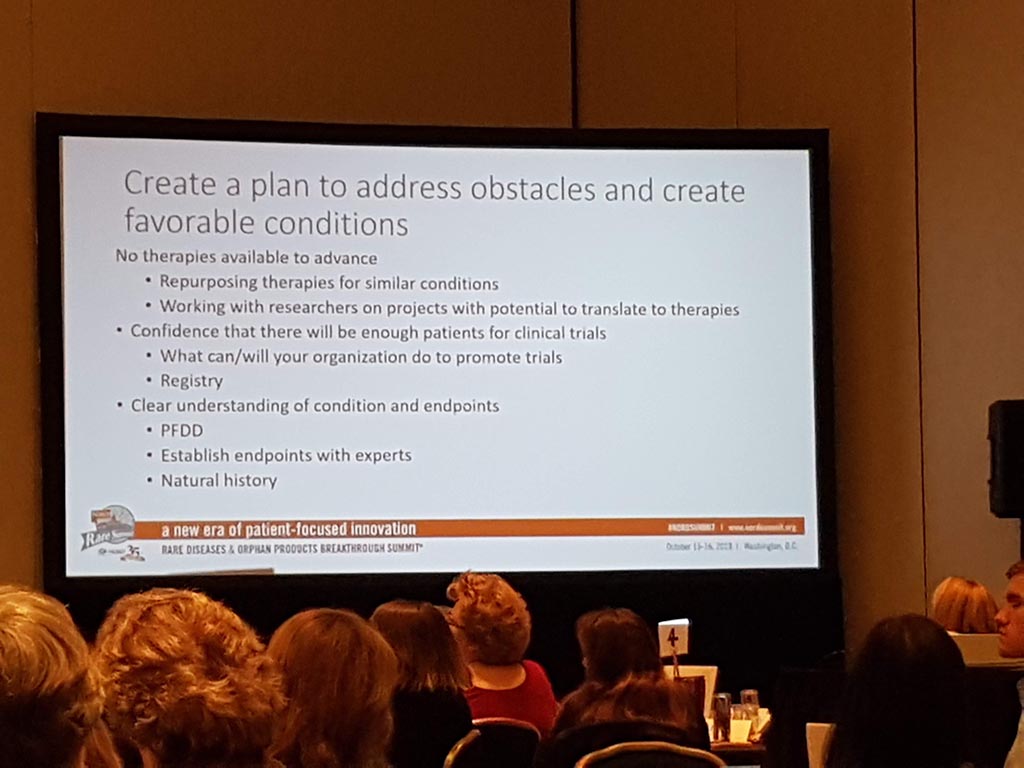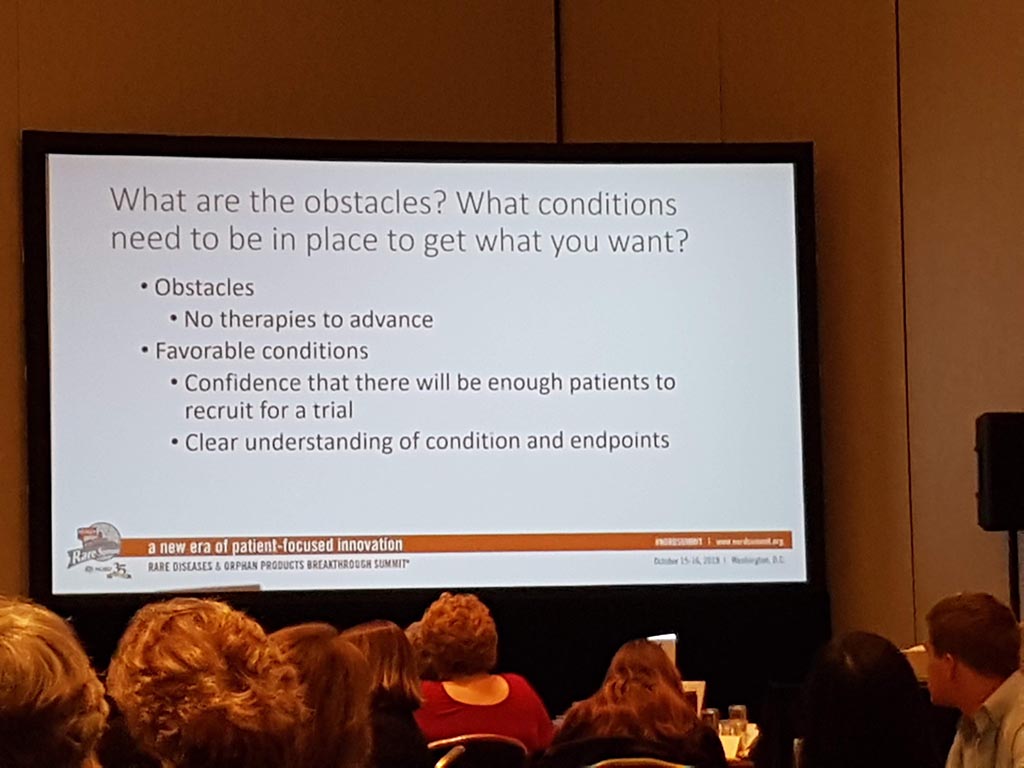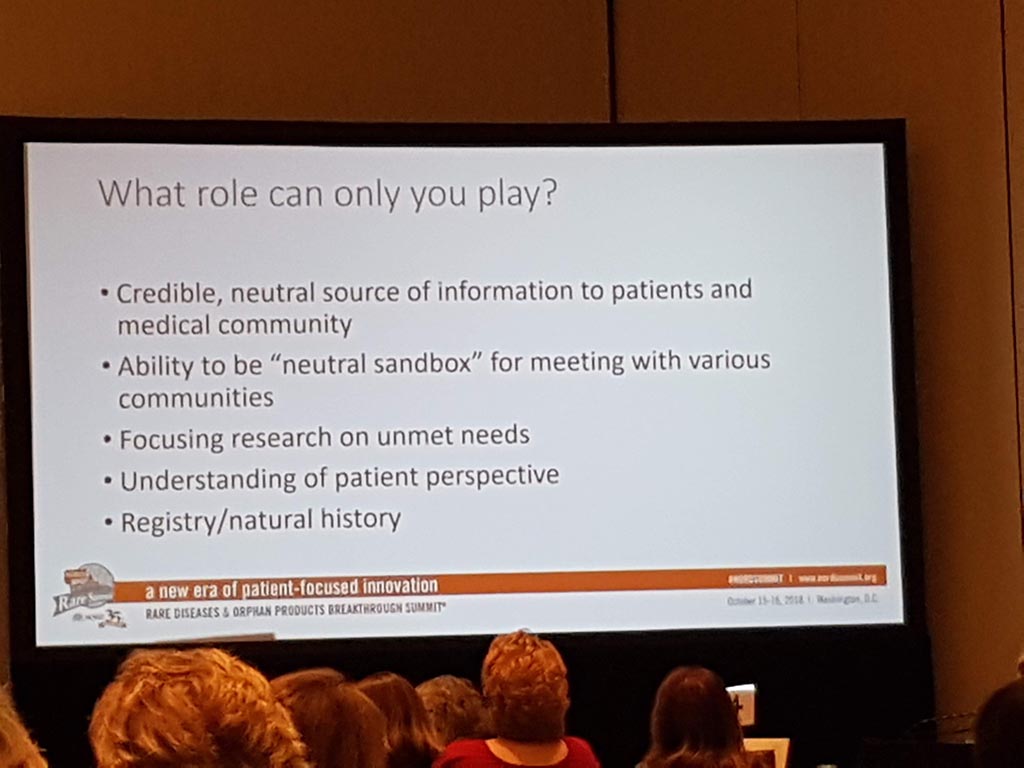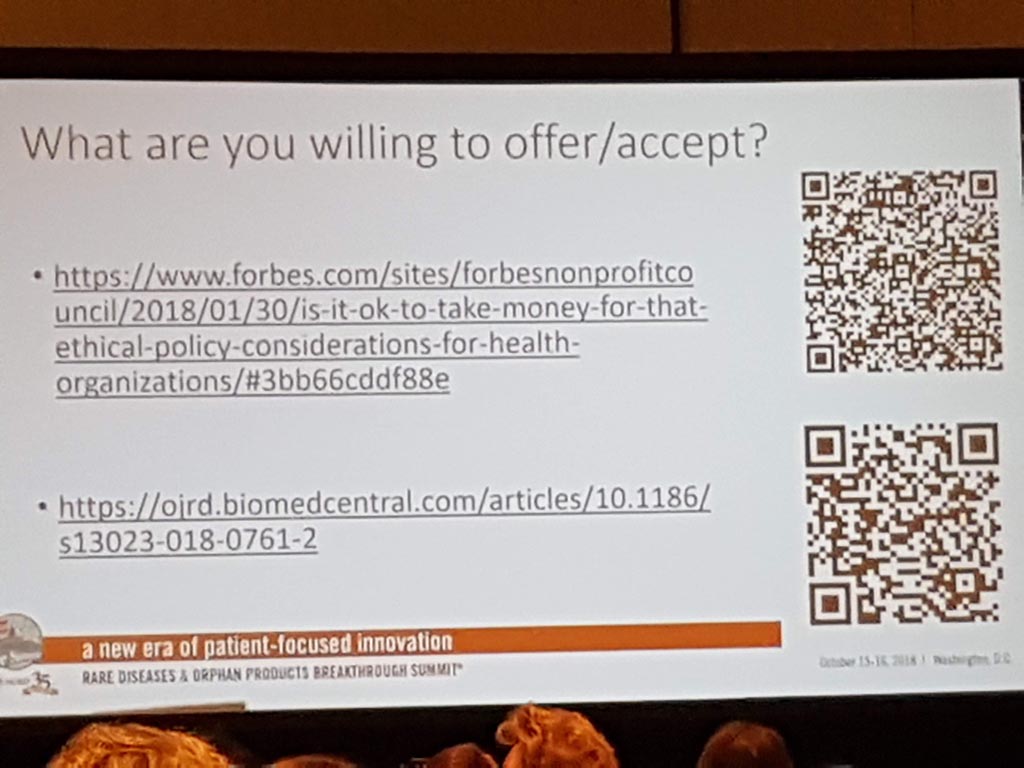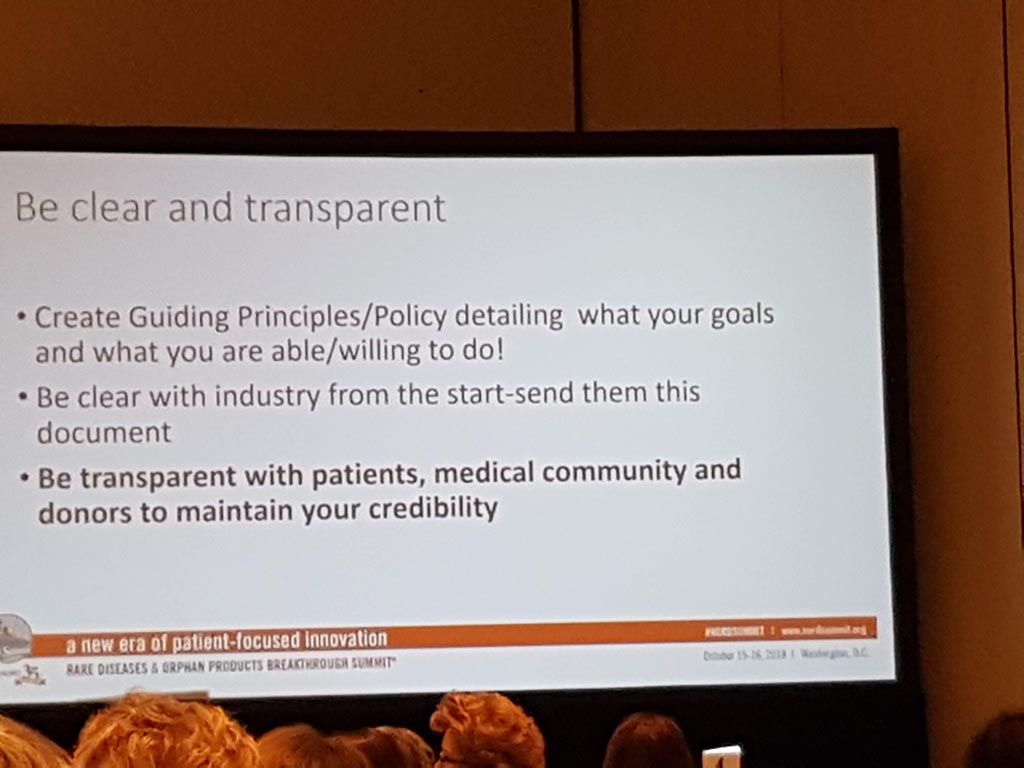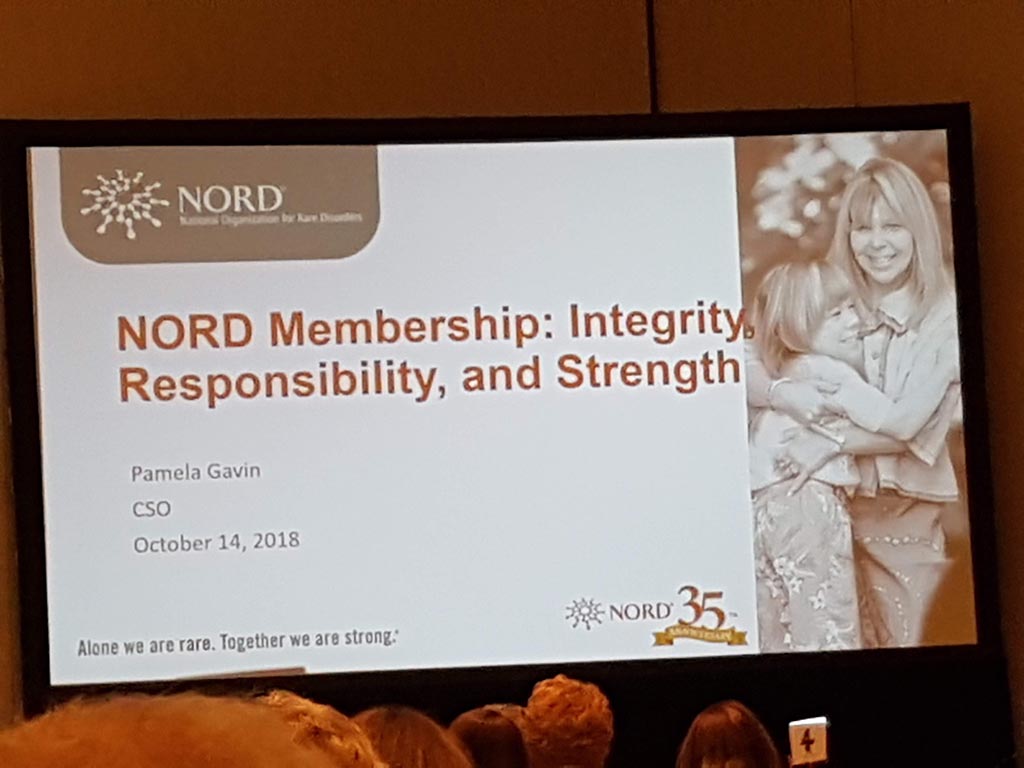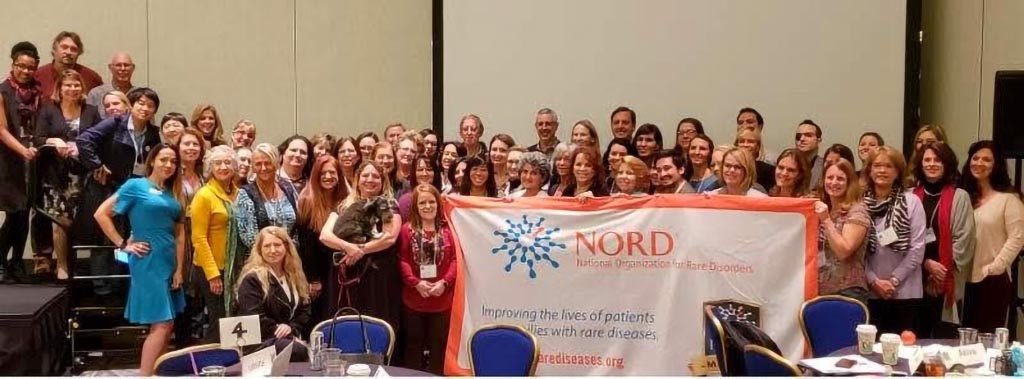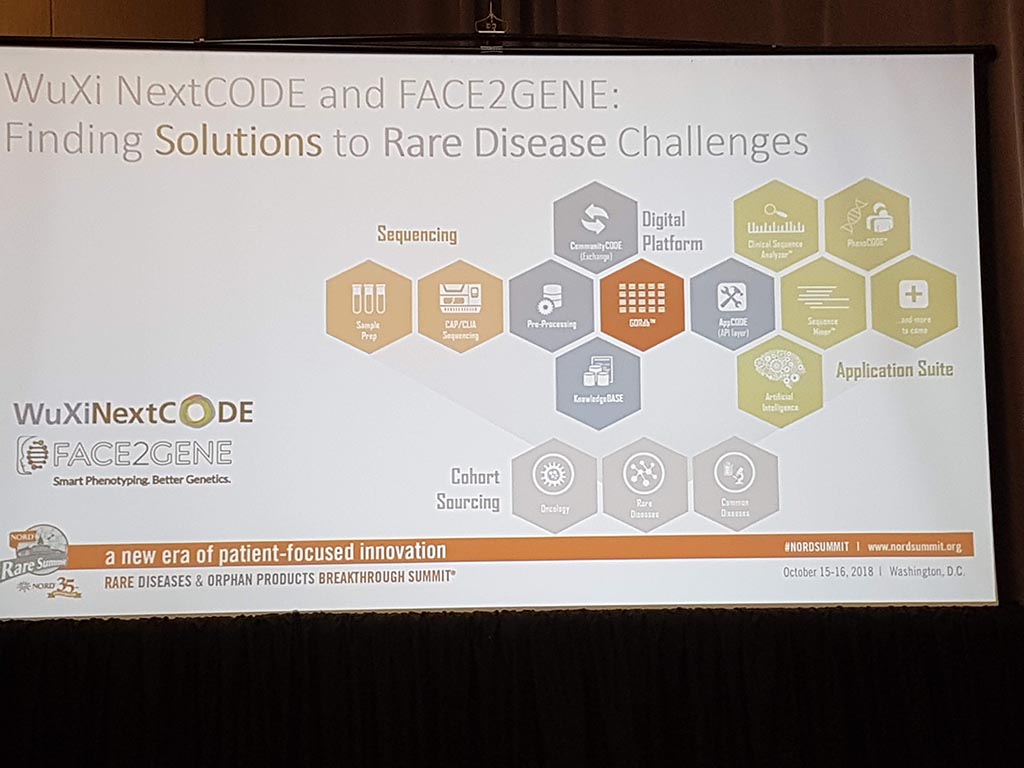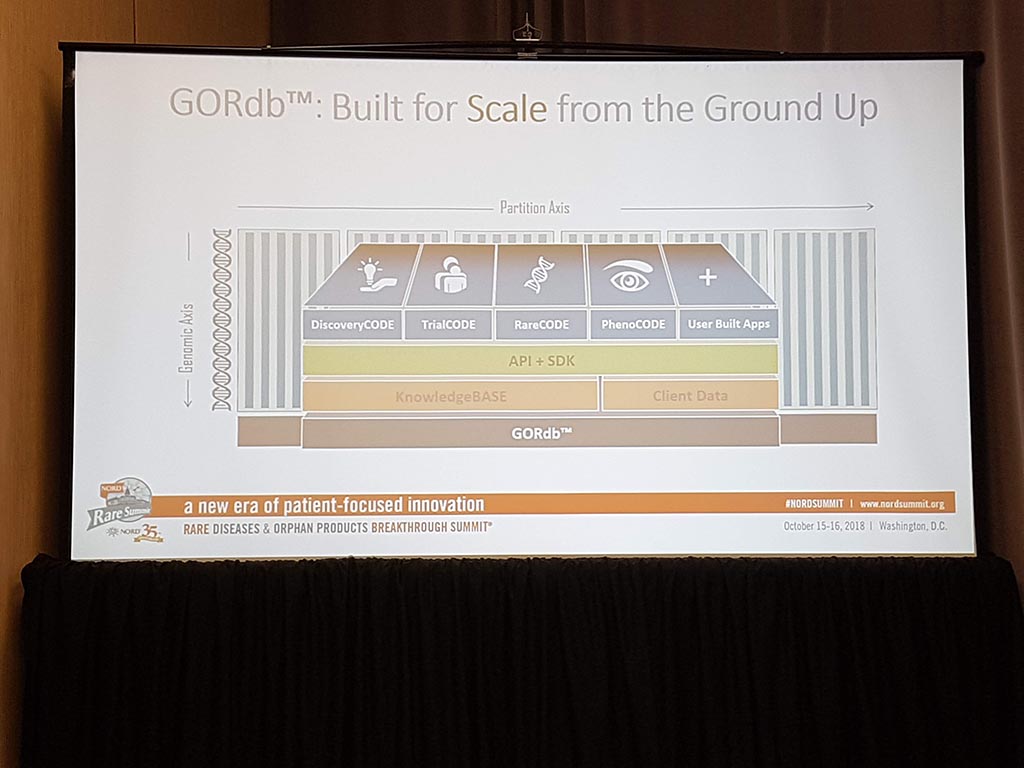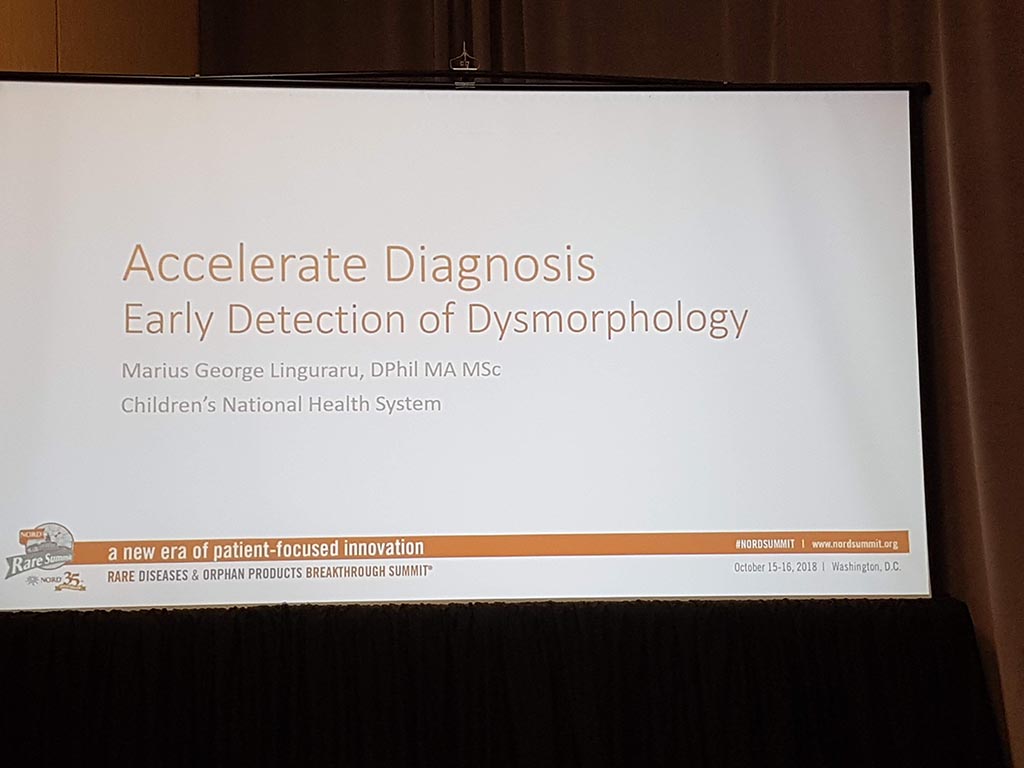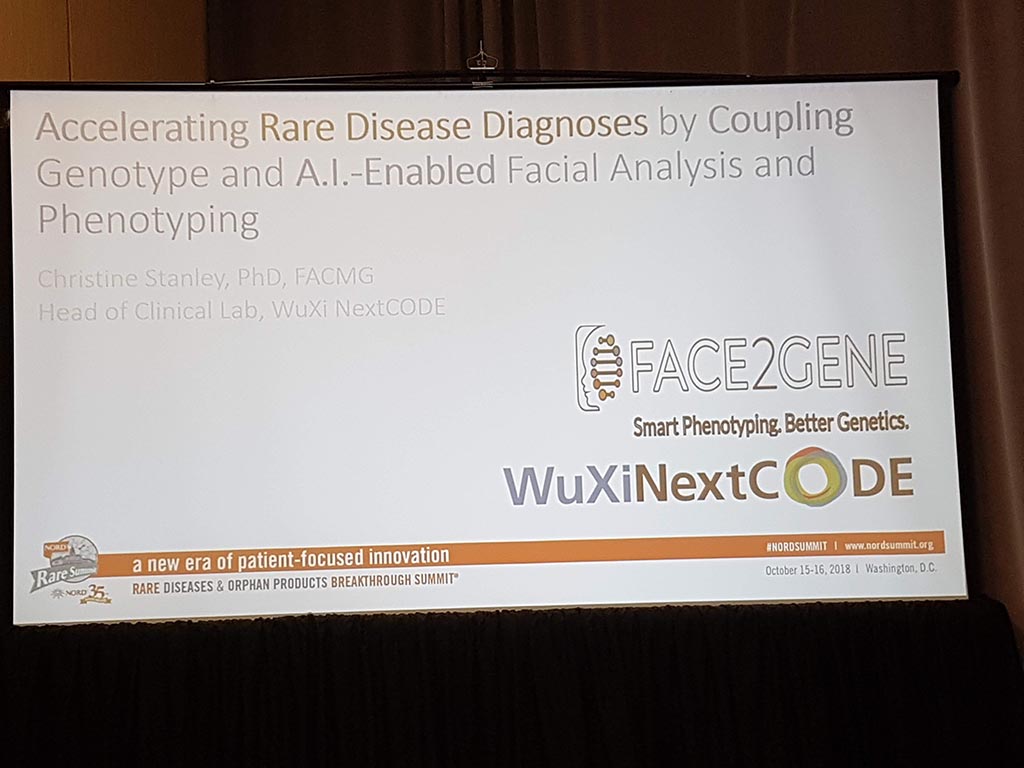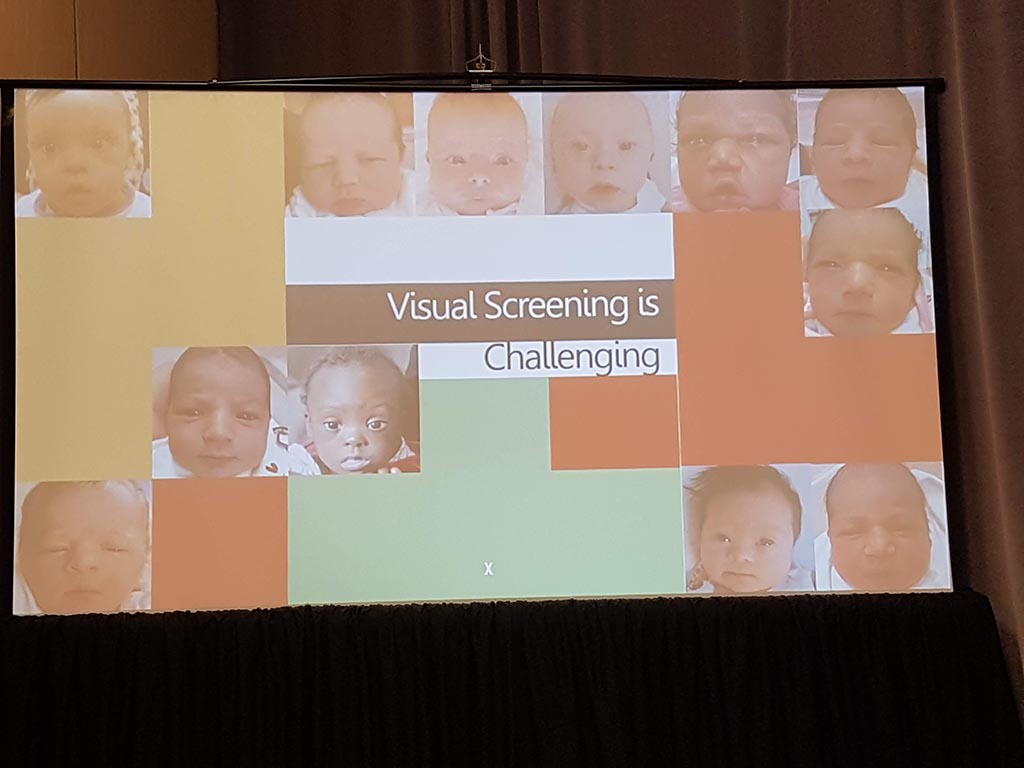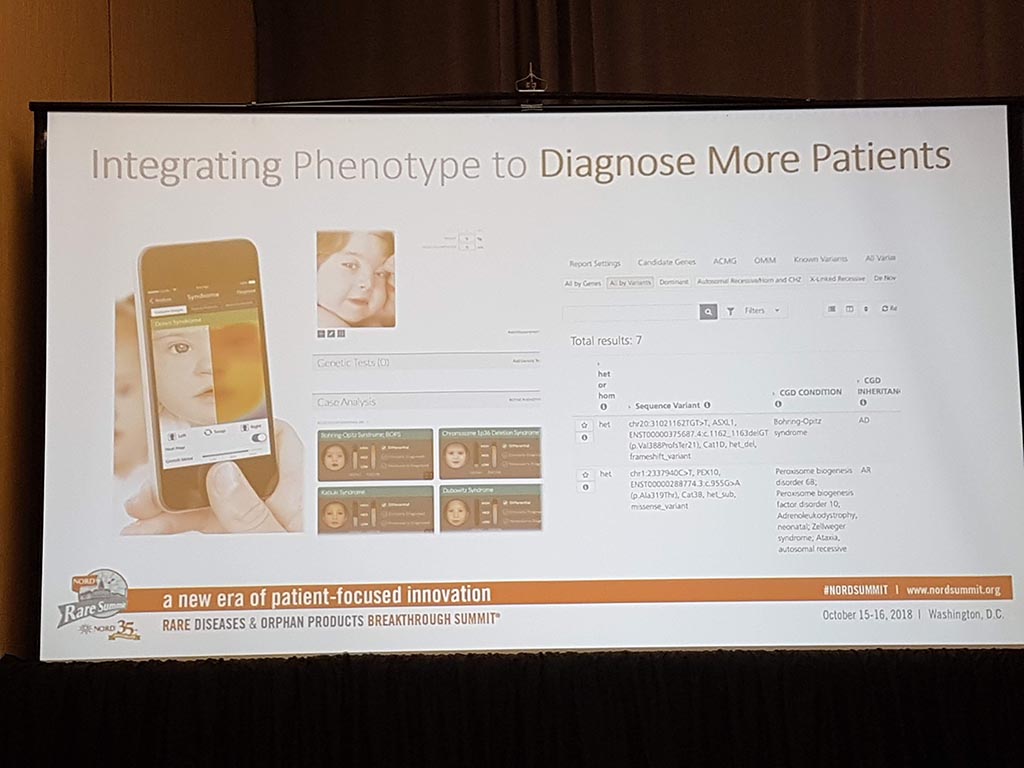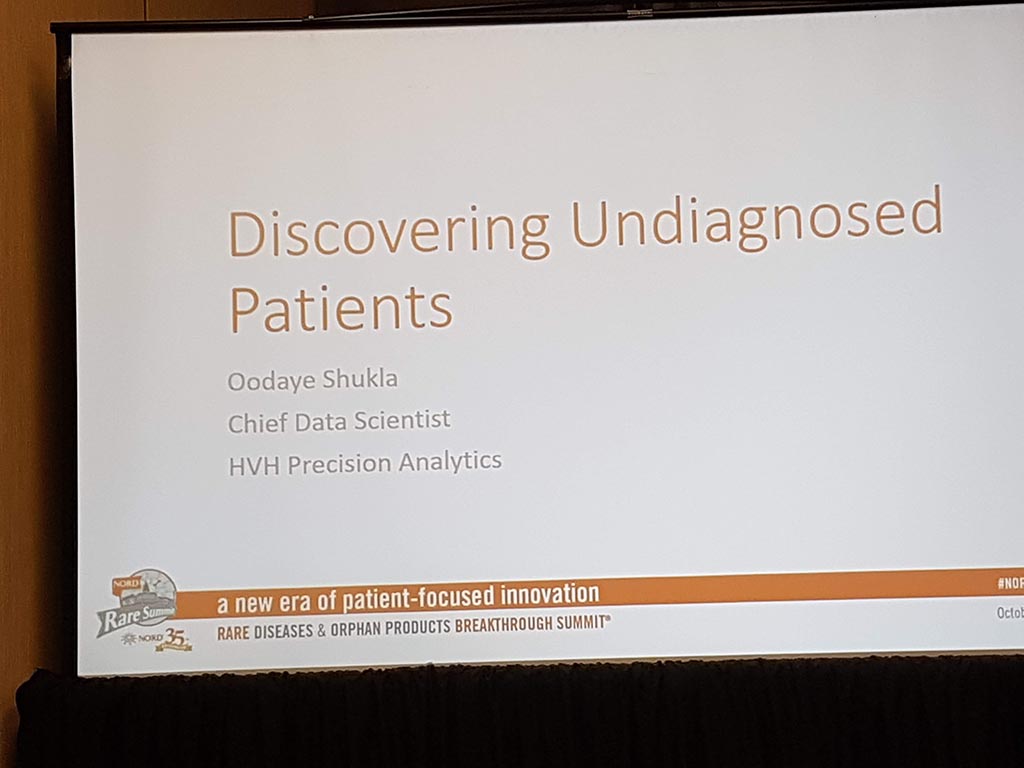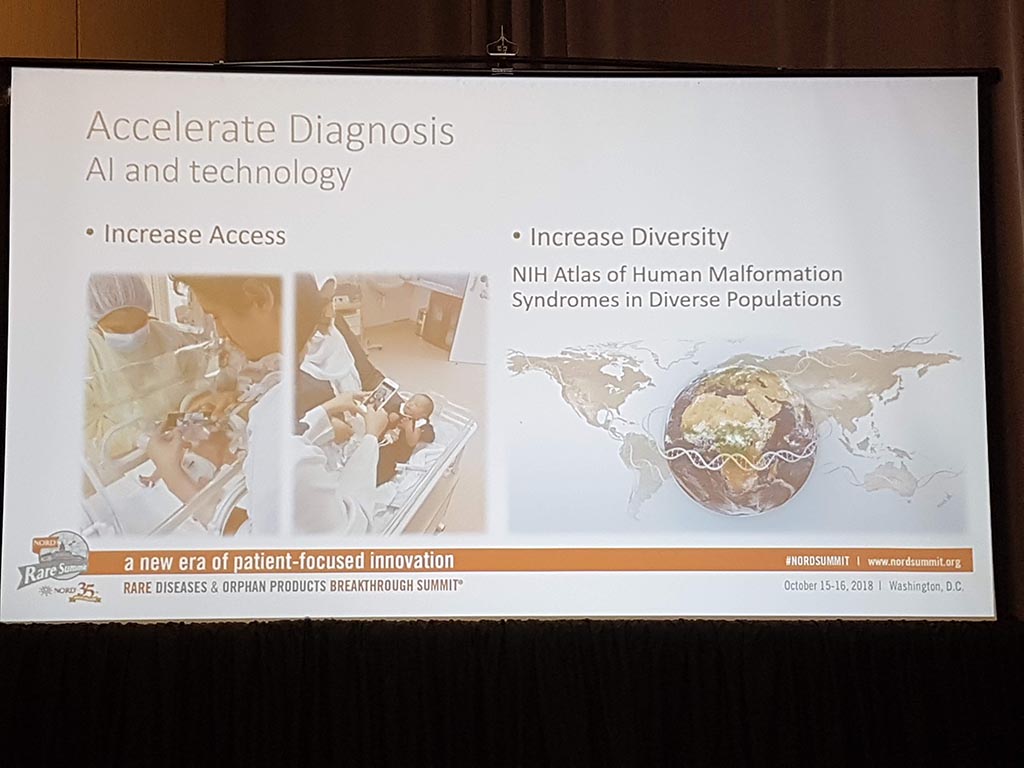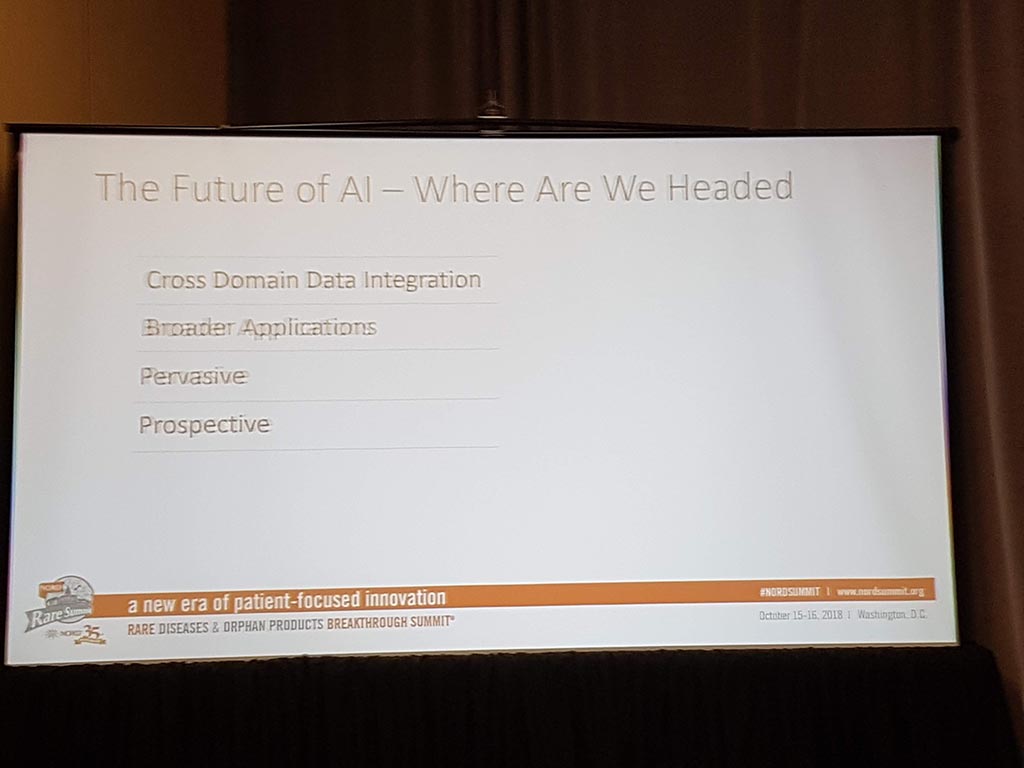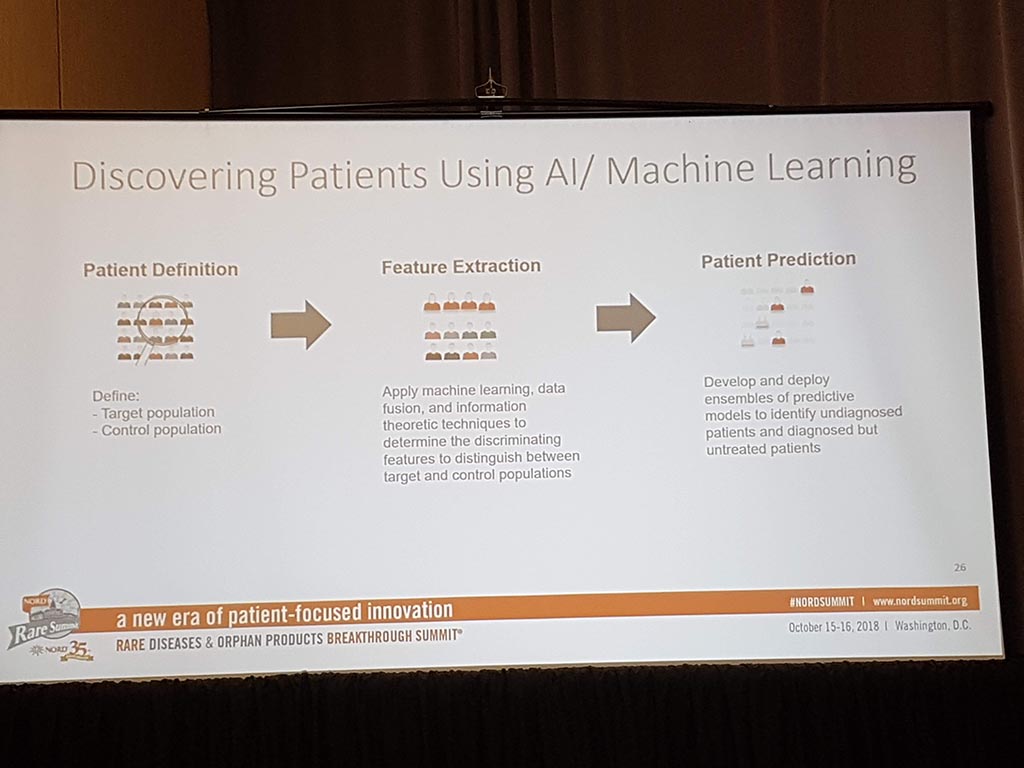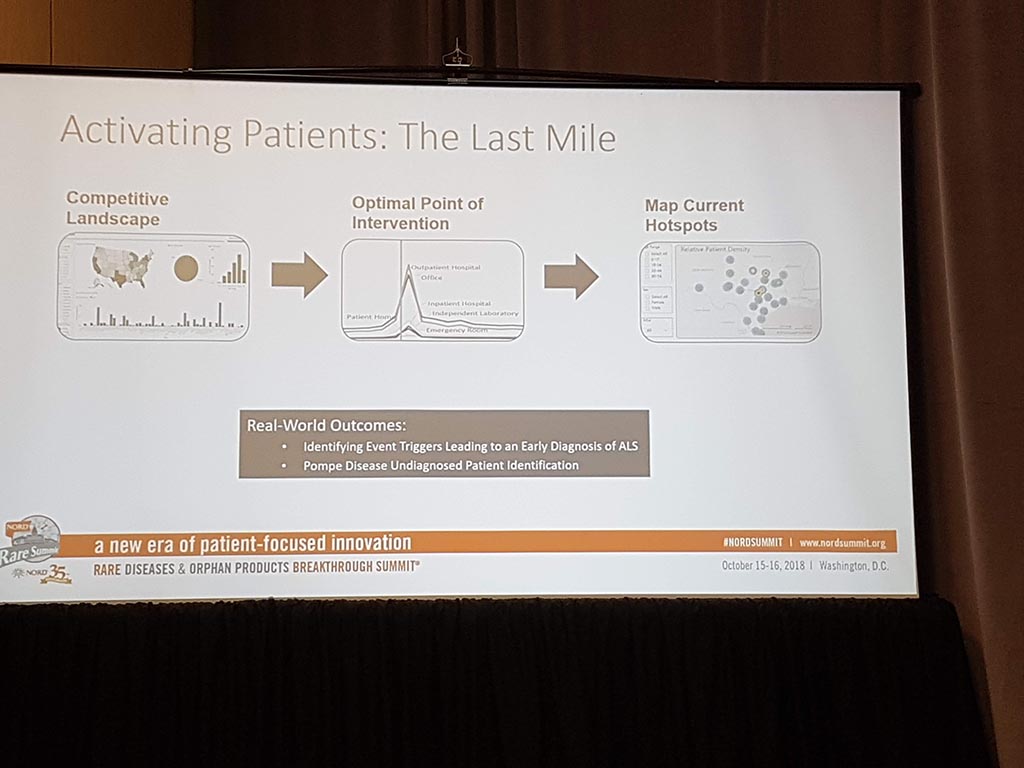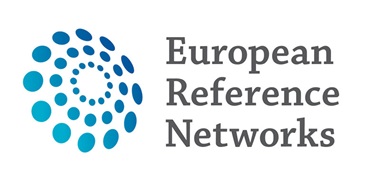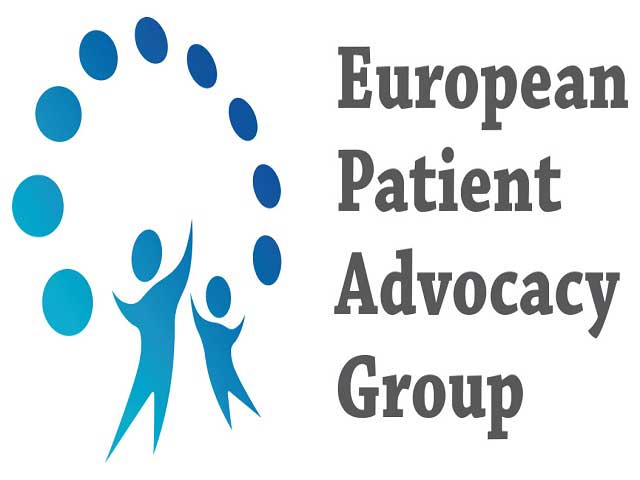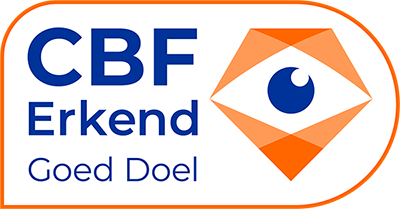The American Organization for Rare Diseases NORD (www.rarediseases.org) organised their annual conference in Washington DC with around 800 participants from all over the world.
We first visited this conference in 2004.
On Sunday afternoon the conference started with a meeting of about 80 members. NORD announced that they would like to know and publish news and activities from member organisations such as ours. They have 1 million visitors per month on their website (doctors use this website as well), 1.2 million doctors partnerships, 75,000 followers on Facebook and their newsletter has 36,000 readers.
During these sessions, the participants were divided into groups per table where a specific subject was discussed. Lex participated in a discussion about collaborating with NORD with the aim of giving people explanations about our condition(s).
What also struck me again was that one of the major problems is to make a correct diagnosis. How can you inform people well about your condition if you don’t even know what condition you have? It also appears that a false diagnosis is given with major negative consequences.
Christina Jensen and Brittany Hoffman gave a presentation with practical tips on fundraising via Facebook.
The subject of cooperating with the industry, as with pharmaceutical companies, was presented by Gina Parziale.
Finally, Pamela Gavin spoke about the new form of membership in NORD with the keywords of integrity, responsibility and strength.
NORD has established a number of criteria that member organisations must meet within two years.
We are going to discuss these criteria within the board and especially look carefully at the Dutch legislation that is leading us.
First day
This started with a forum discussion titled ‘The Next Generation of Patient Advocates’. The personal story of Gabriel Low from Hawaii appealed to me most. He has Primary Periodic Paralysis (see http://www.rideforrarediseases.com/). Because he suddenly got paralysed, his mother only found out later that she also has this condition. He is an excellent example of how to cope with a condition that has a great impact on a person’s life.
After that, some forum discussions followed with the following issues:
- Do not see rare diseases separate from each other, the cells in our bodies also work together.
- We do not need ‘big data’ but ‘rich data’.
- When conducting genetic testing, it is of great importance to not only determine the correct type of test but also to properly interpret the data.
Second day
The session was titled ‘Patient Perspectives on gene therapy’. Among other things, a patient was given the floor that after 48 doctors visited, she got her diagnosis. This was in 1986 and then there was no Internet yet. She is the first patient in the USA who has been treated with gene therapy and has the condition ADA-SCID.
In gene therapy, the ‘wrong’ gene is replaced by the ‘good’ gene. This actually causes the brake to be put on the condition. Unfortunately, this does not undo the damage already present. Currently (October 2018), approximately 150 gen therapies are carried out in the USA.
The long-term effects of gene therapy are not known yet and the patient will need to be followed for the rest of his/her life. The impact on the patient’s life in social terms should not be underestimated.
Finally, it must be realised that gene therapy is not a cure.
Session ‘embracing innovation to advance science’
This was a very interesting session where the deployment of technology, especially artificial intelligence, was shown.
It takes an average of 5-7 years before someone with a rare condition gets a diagnosis. Unfortunately, in many cases, a wrong diagnosis is also given (40% is even given a wrong diagnosis more than twice).
The amount of health data is exploding, in 2020 it is expected to be around 500 billion pages of text, so technology is required to do something with this amount of data.
In rare conditions, the amount of health data is usually relatively low due to the low prevalence of the condition. This session also highlighted the importance of a multidisciplinary approach.
One of the speakers showed how, based on facial characteristics using artificial intelligence, a prediction of a baby’s health risks could be made in a short period of time.
At the end of the second day, a farewell reception was organised where Lex also talked with our American Ambassador Dr. Steve Groft.
